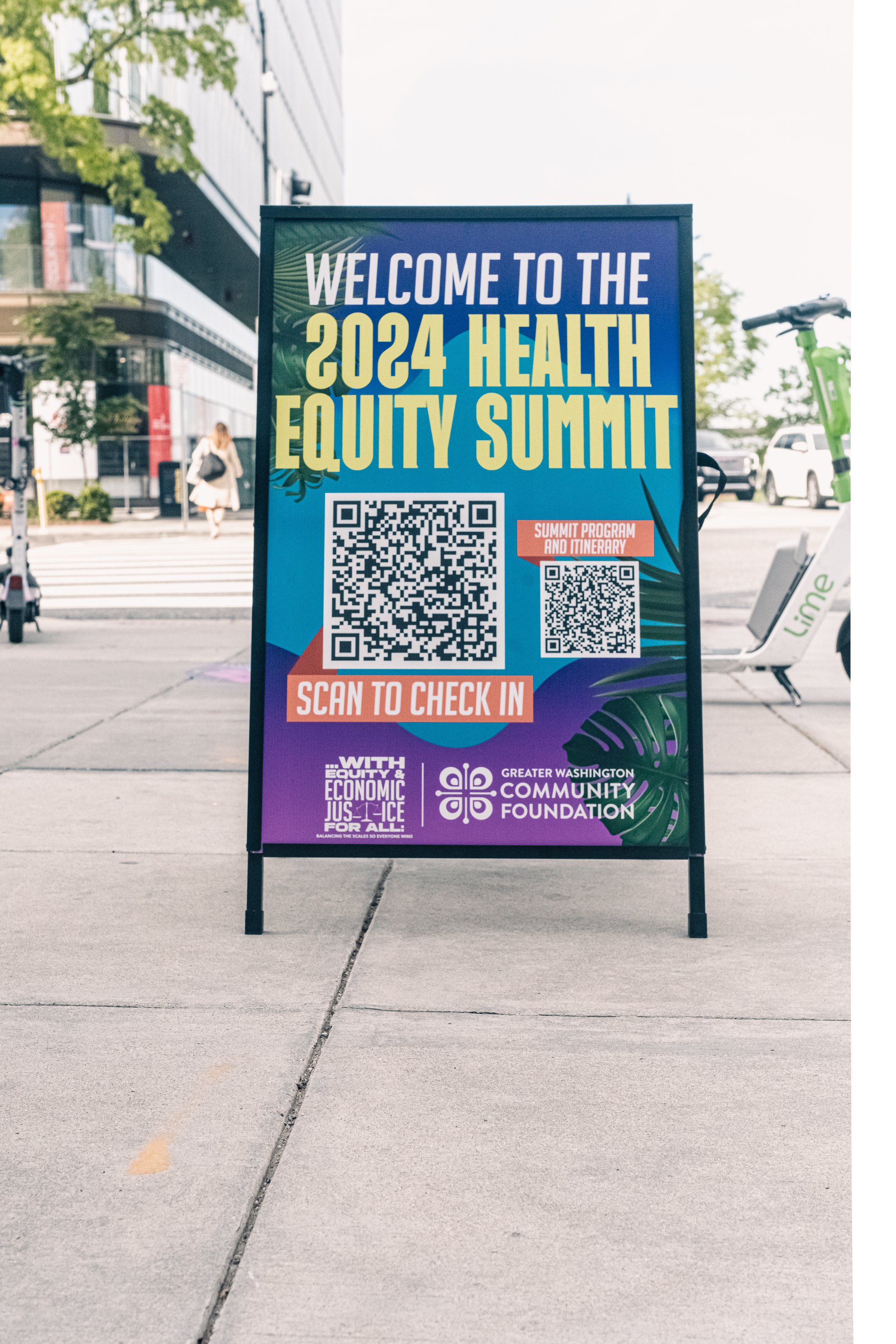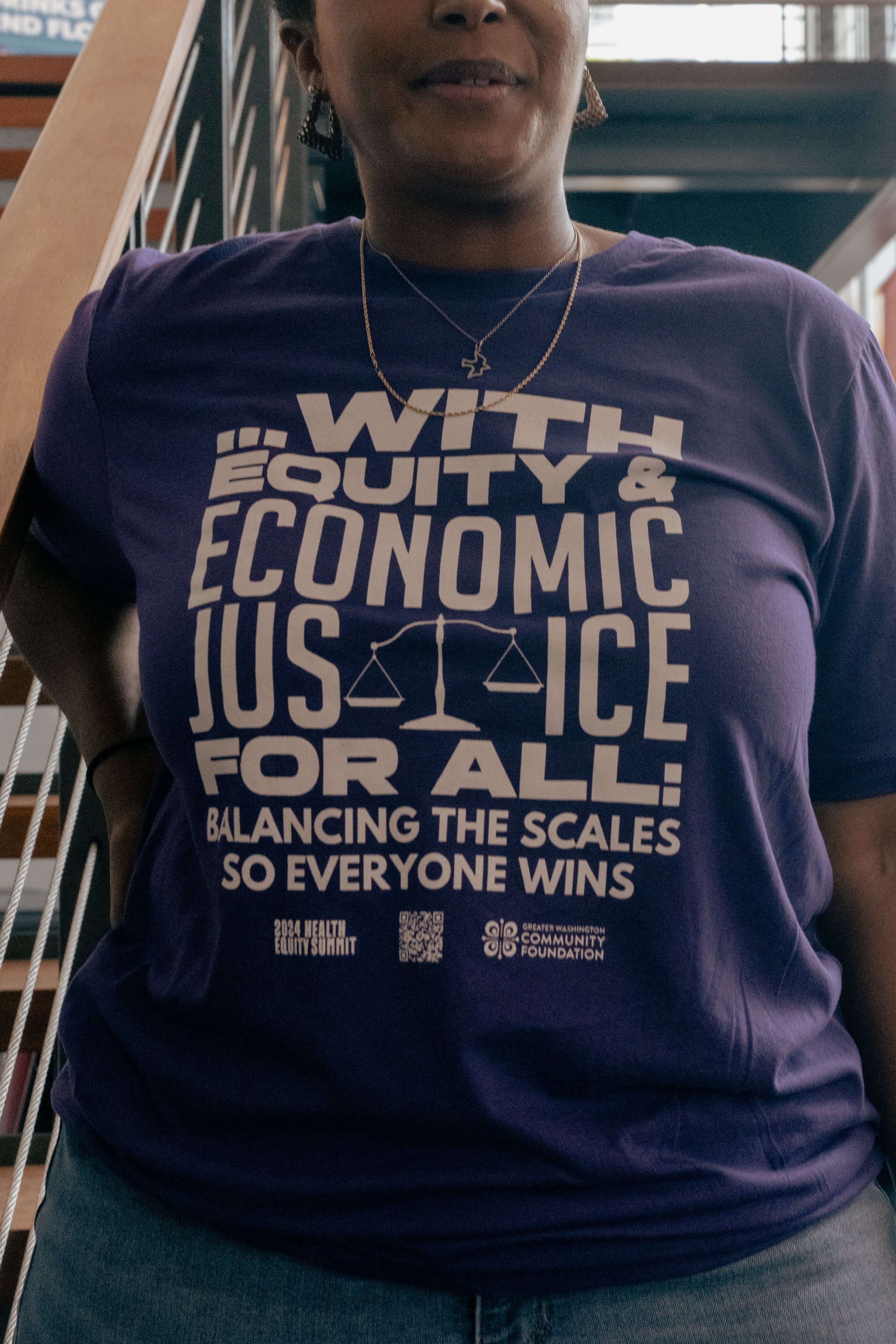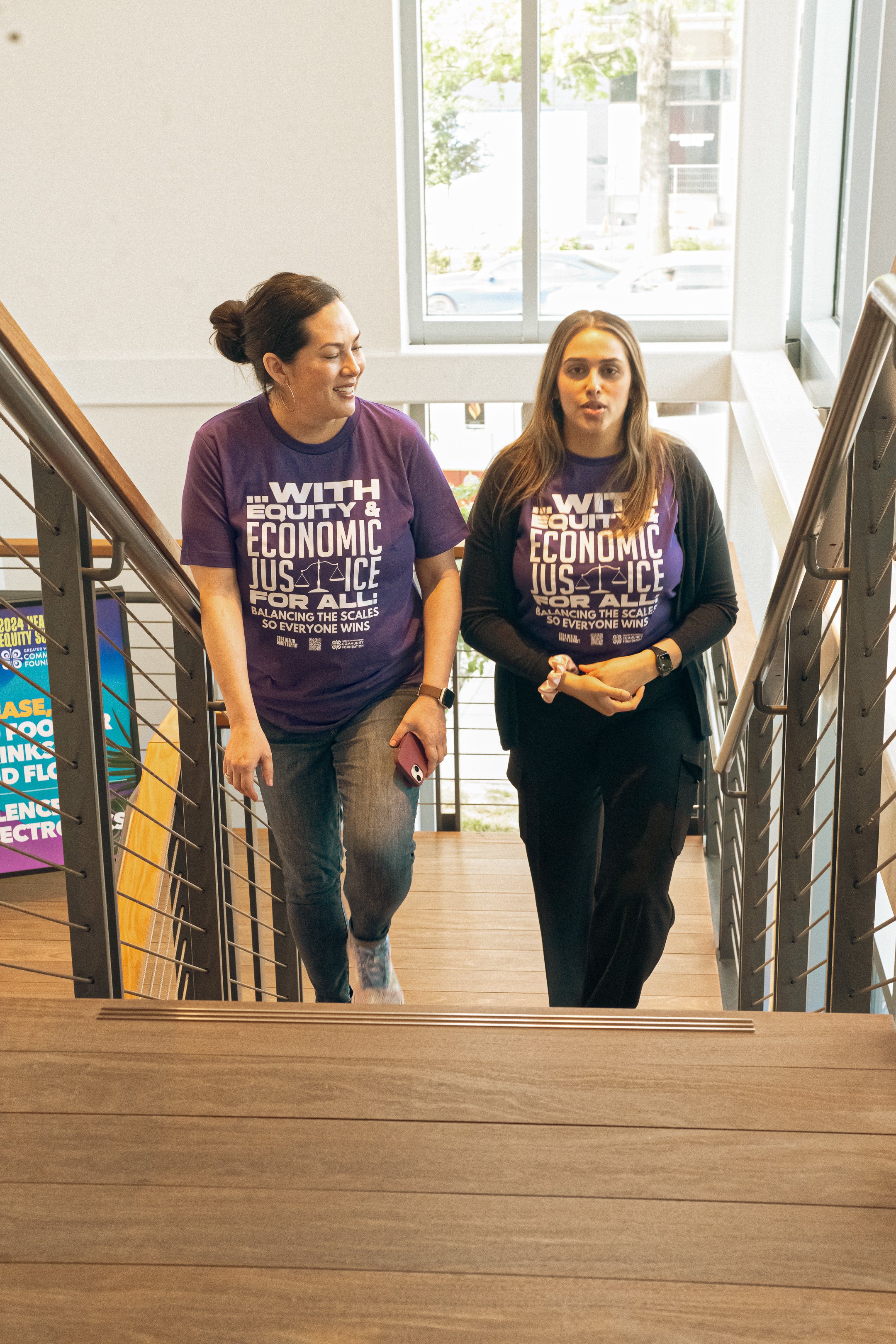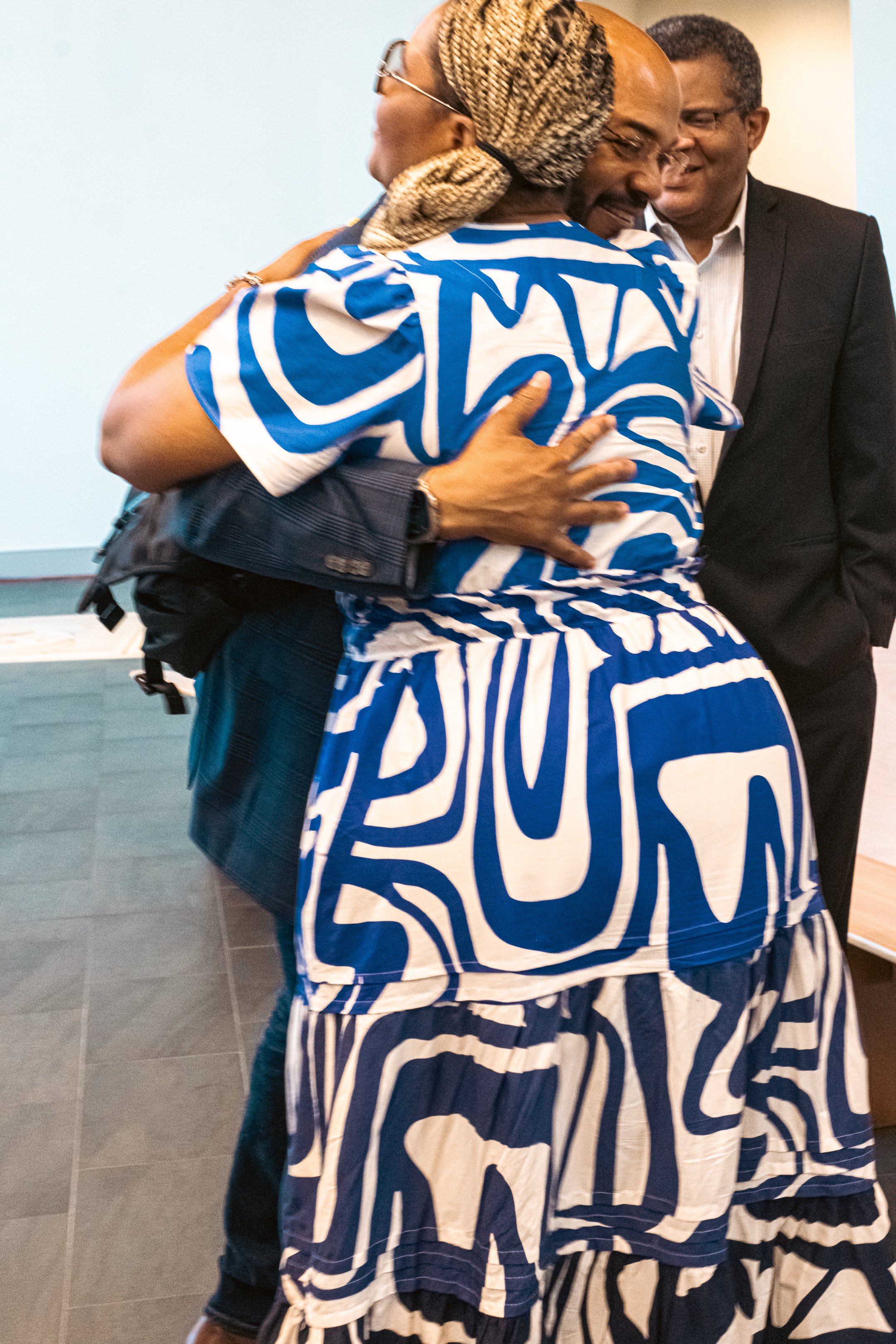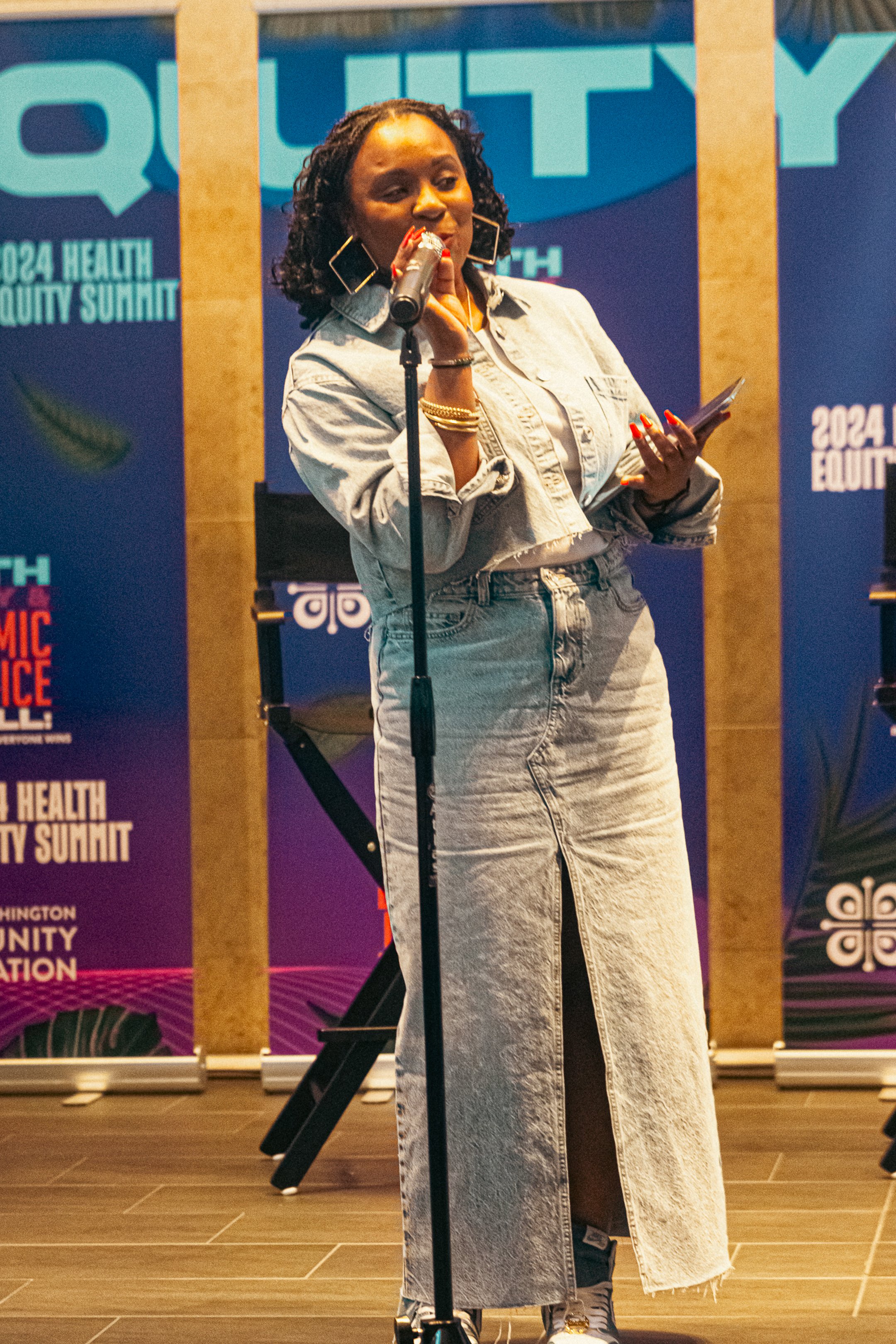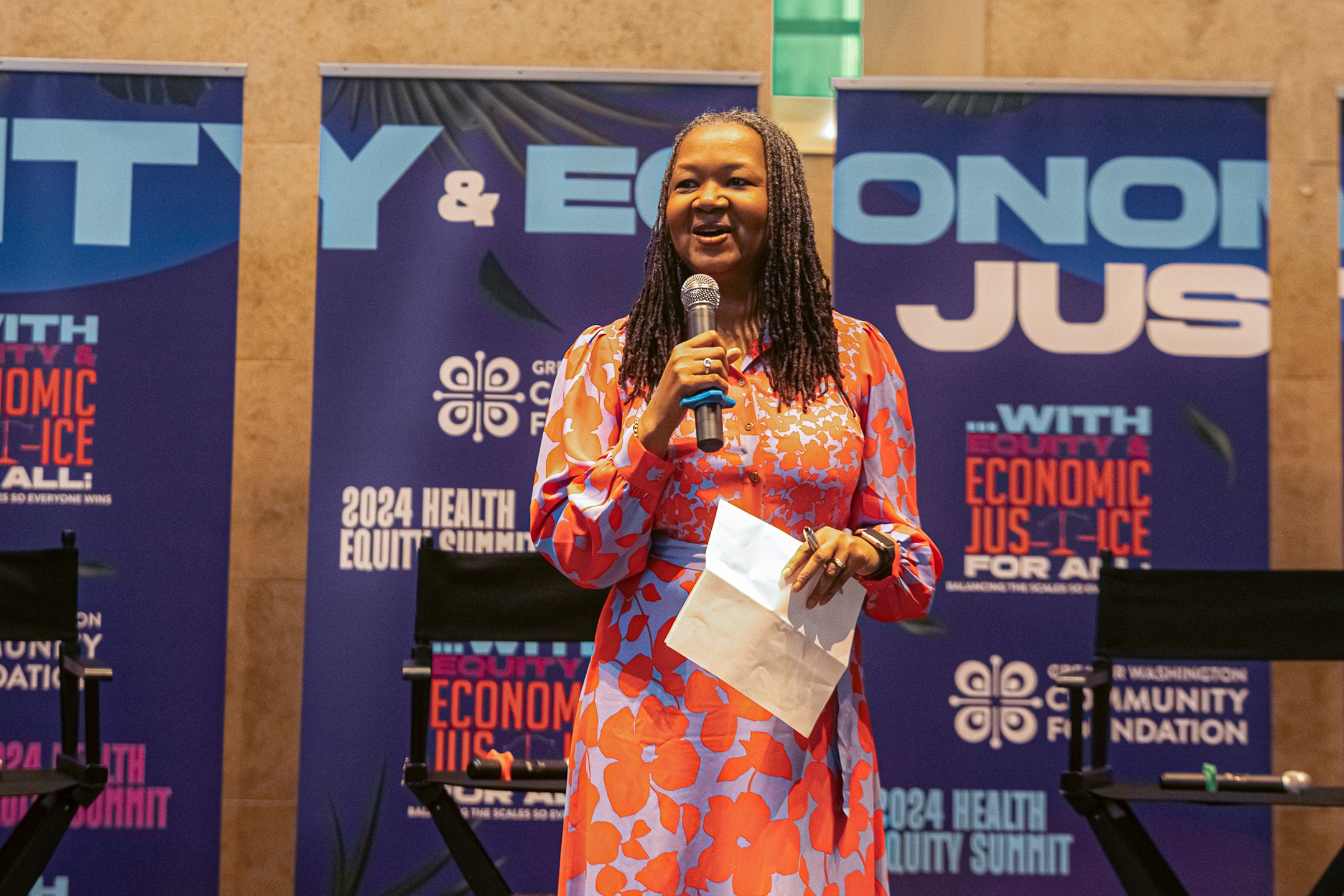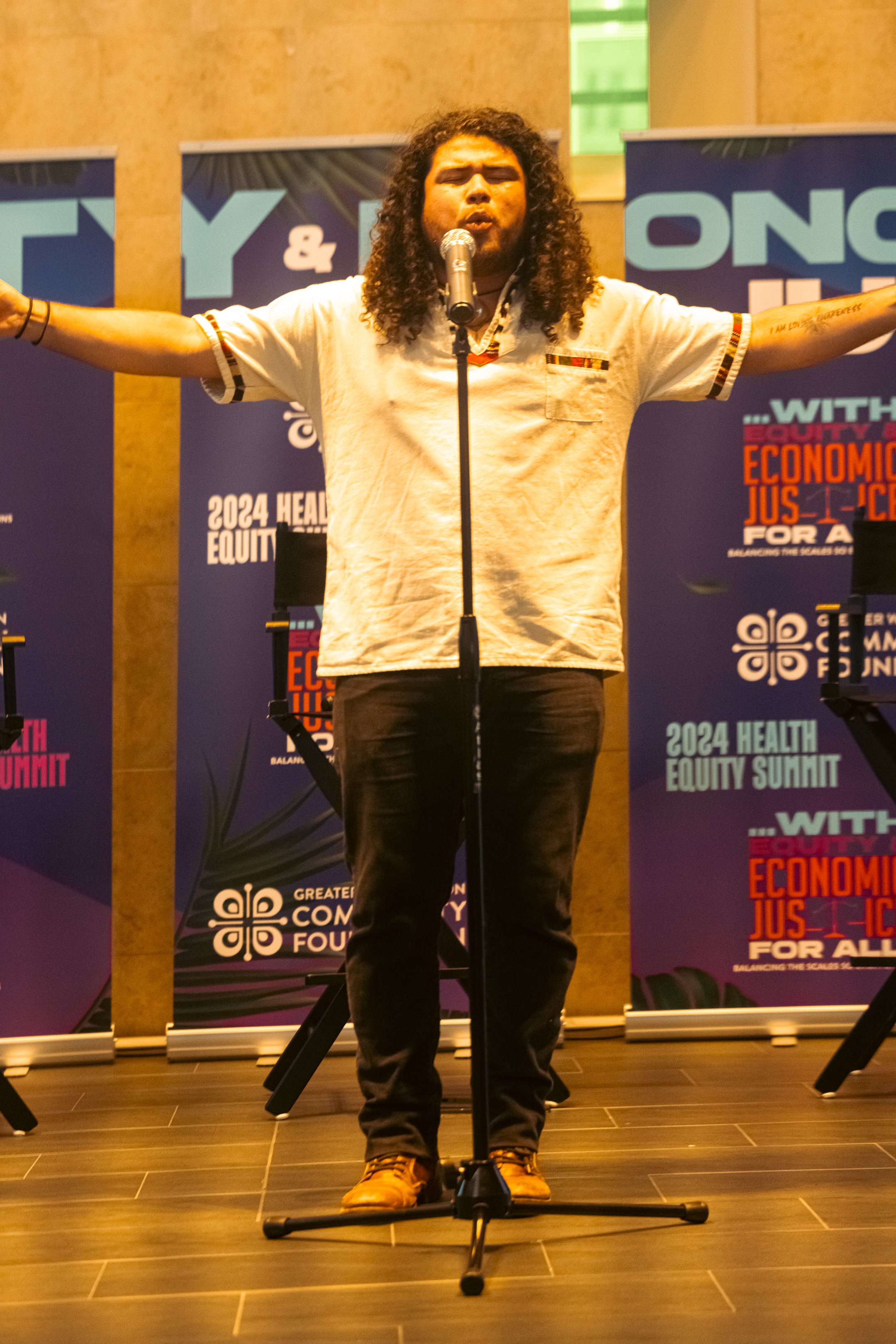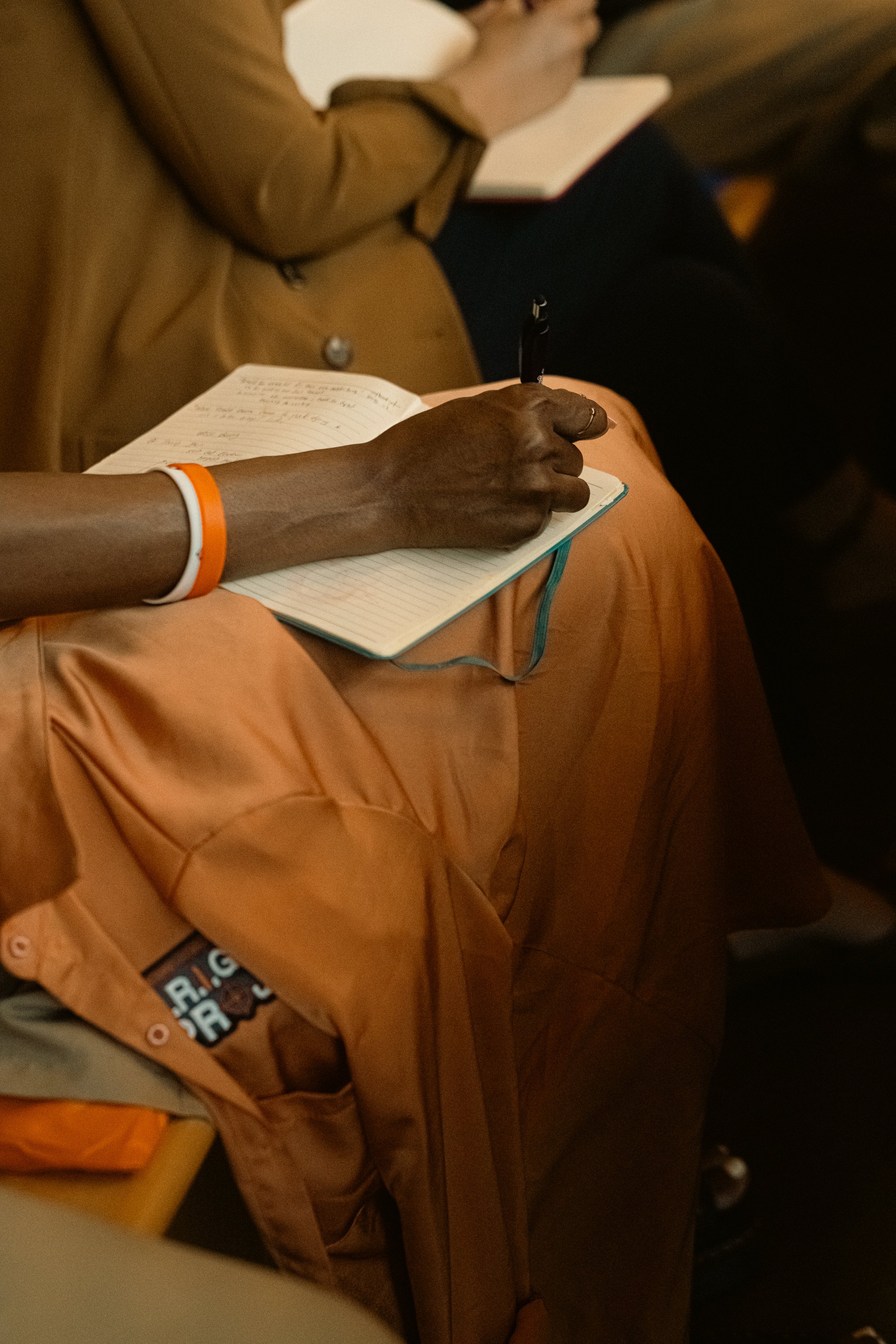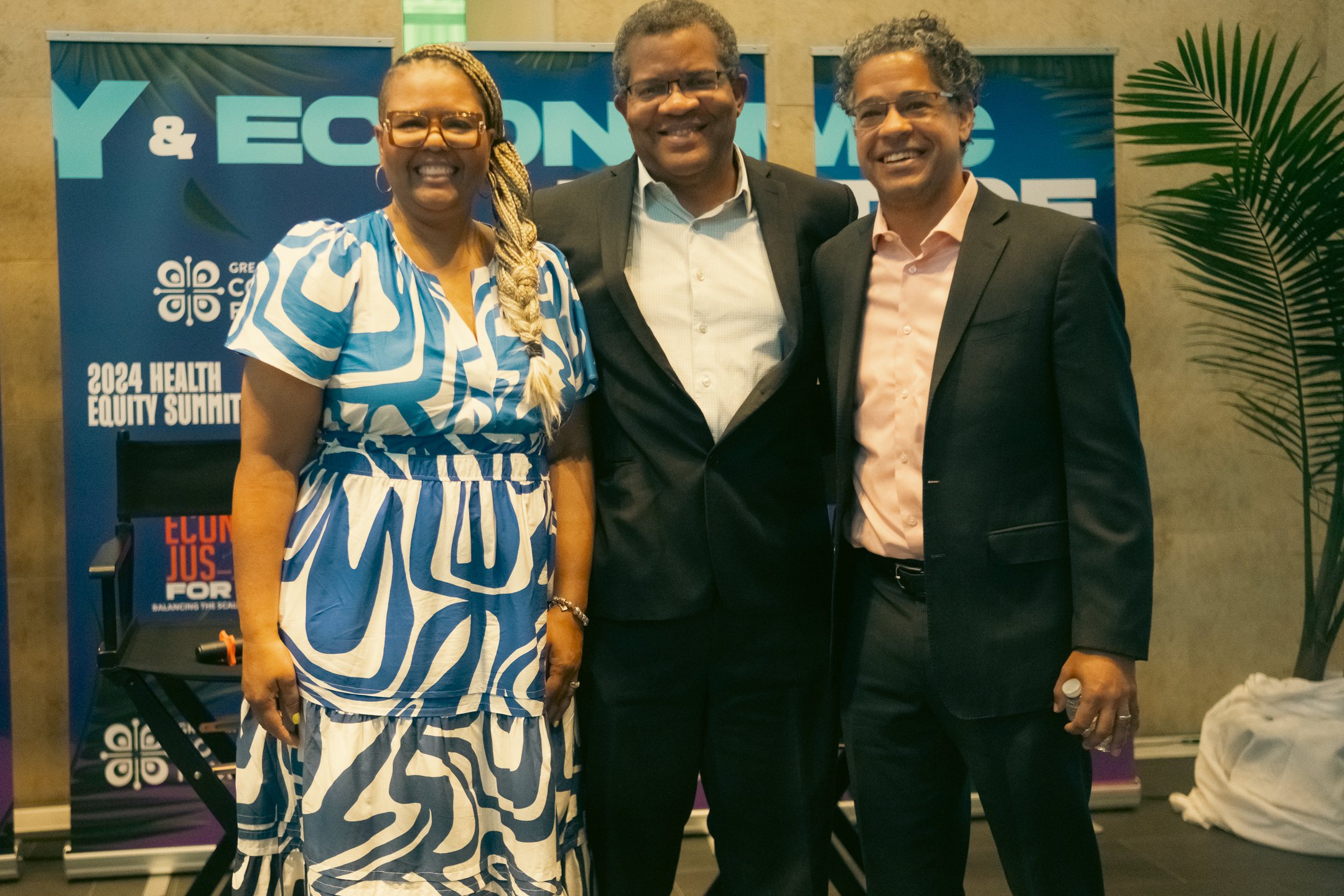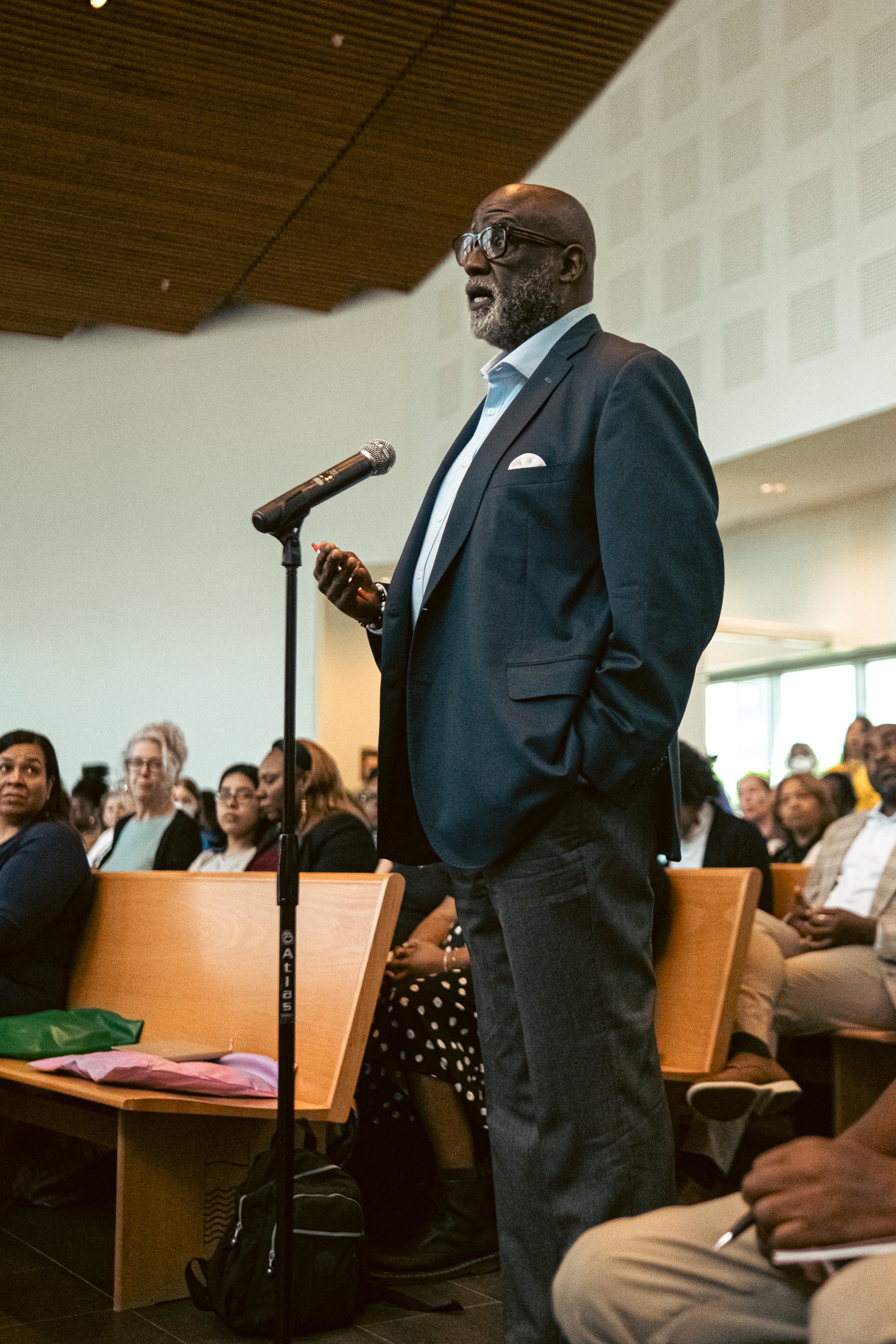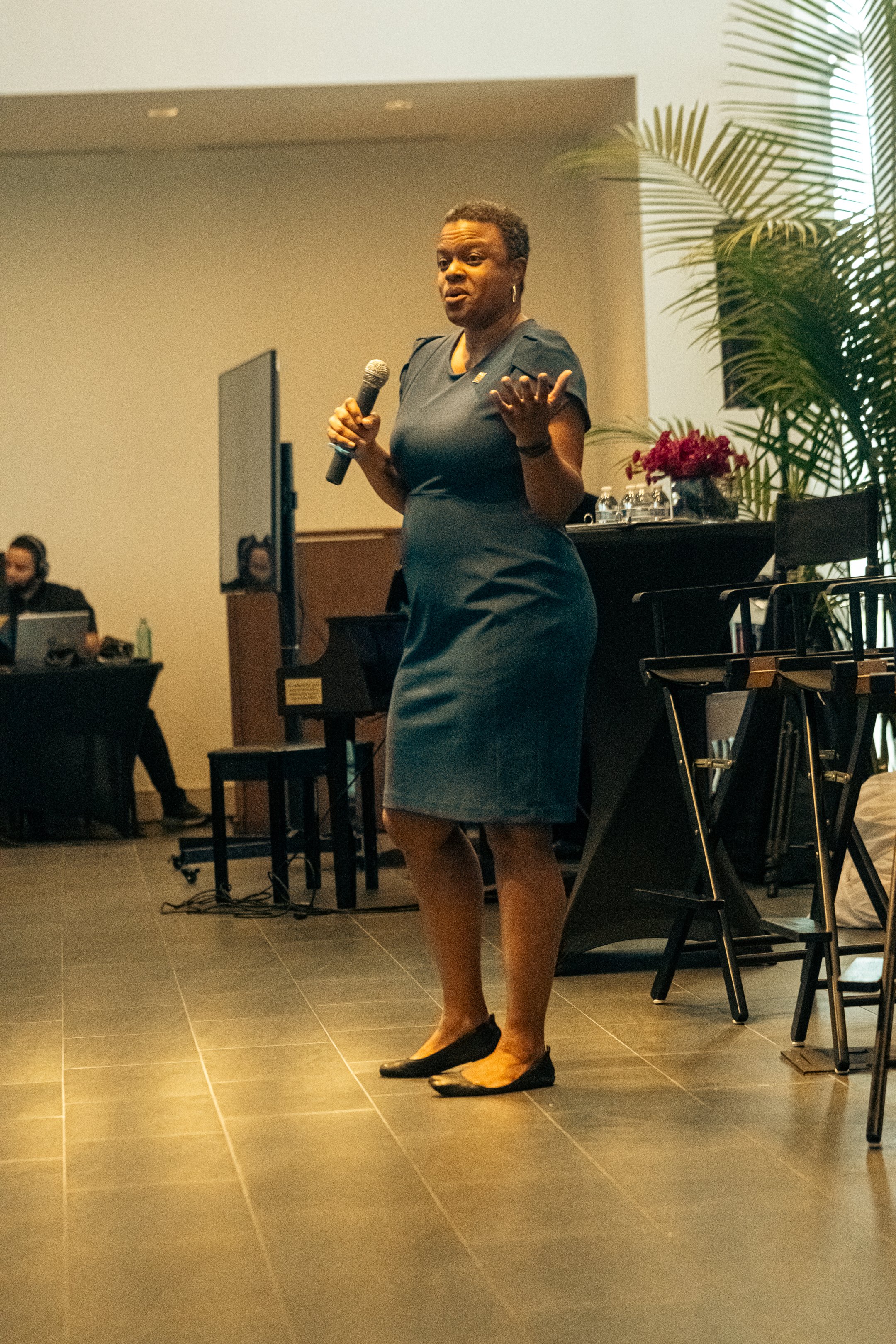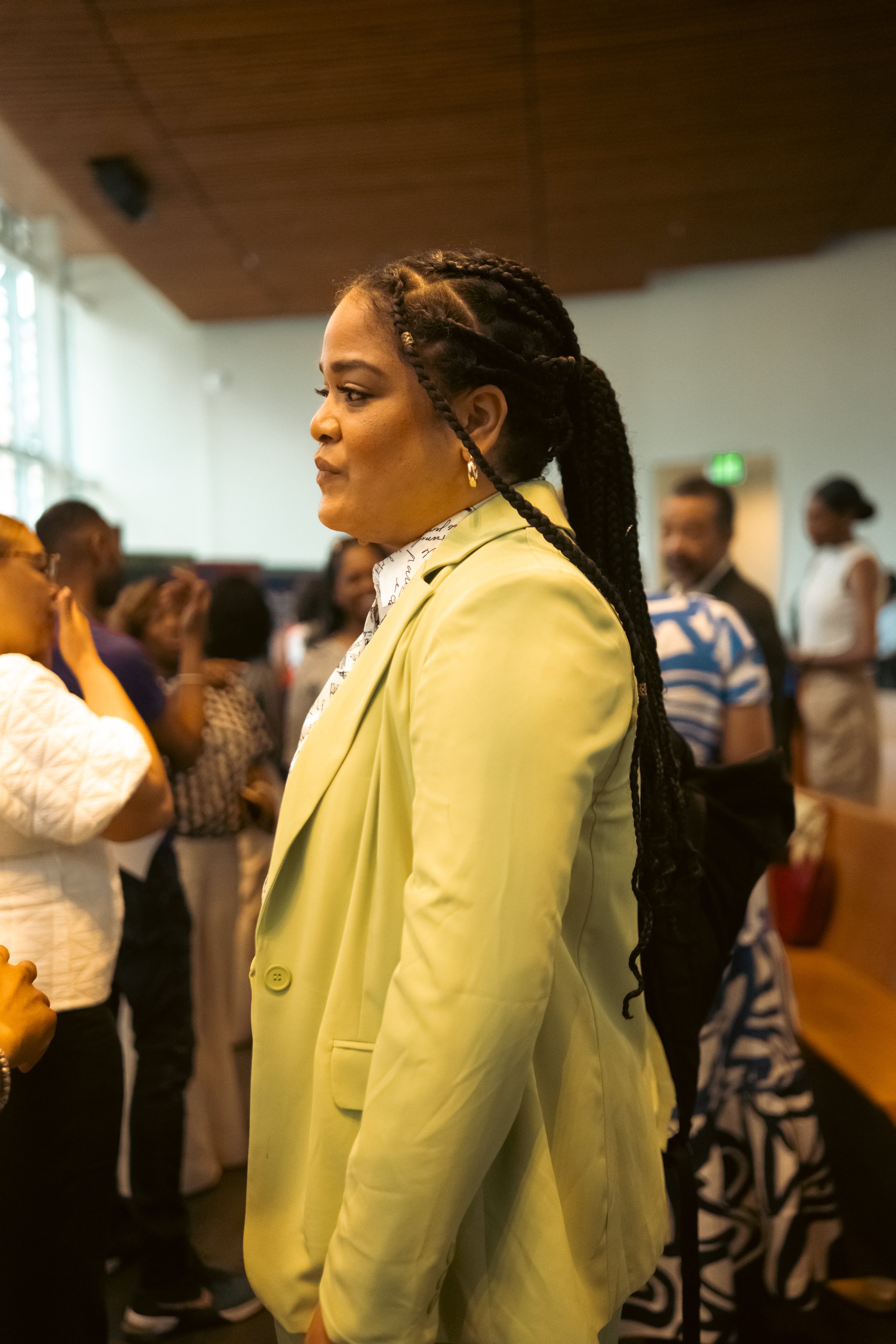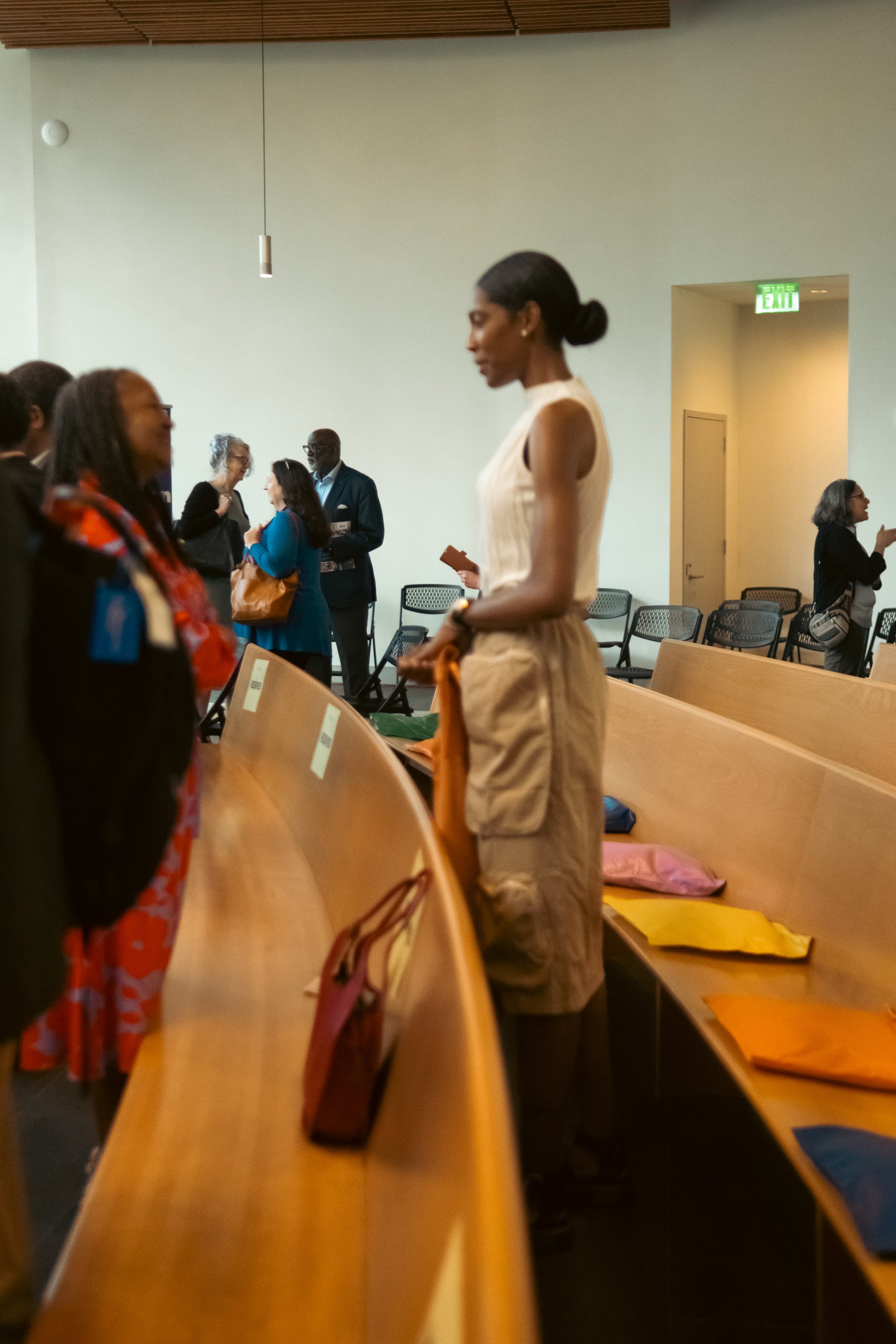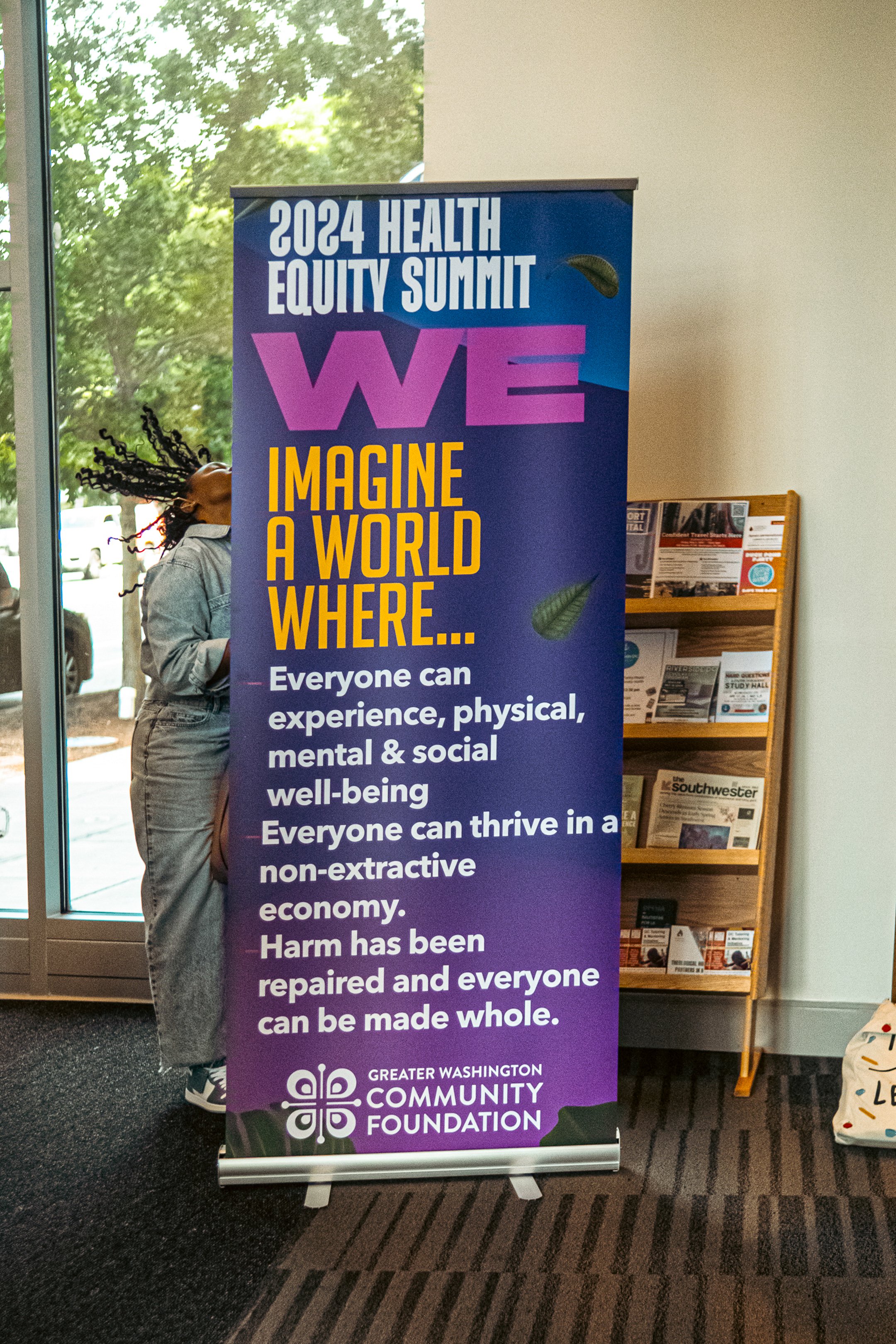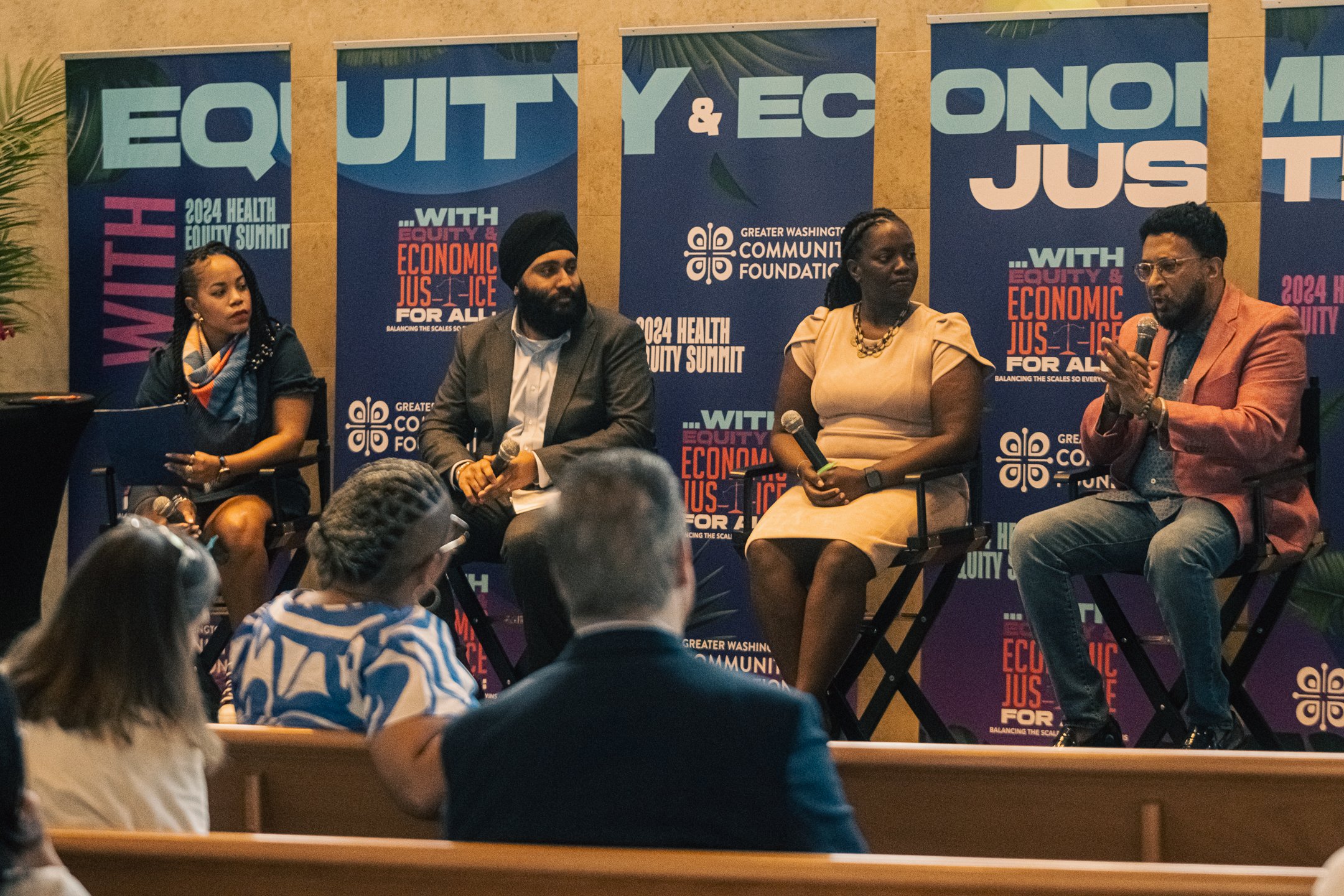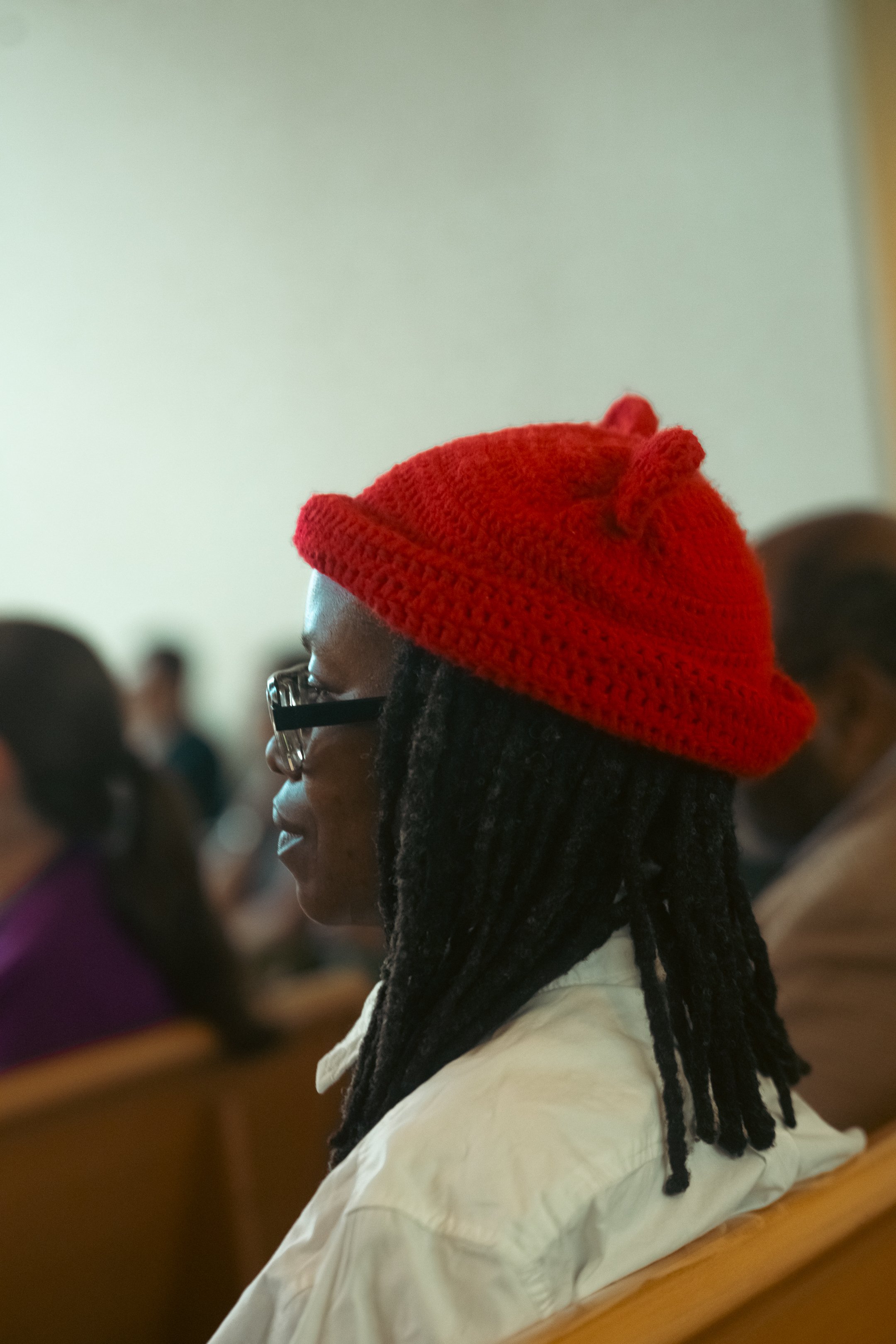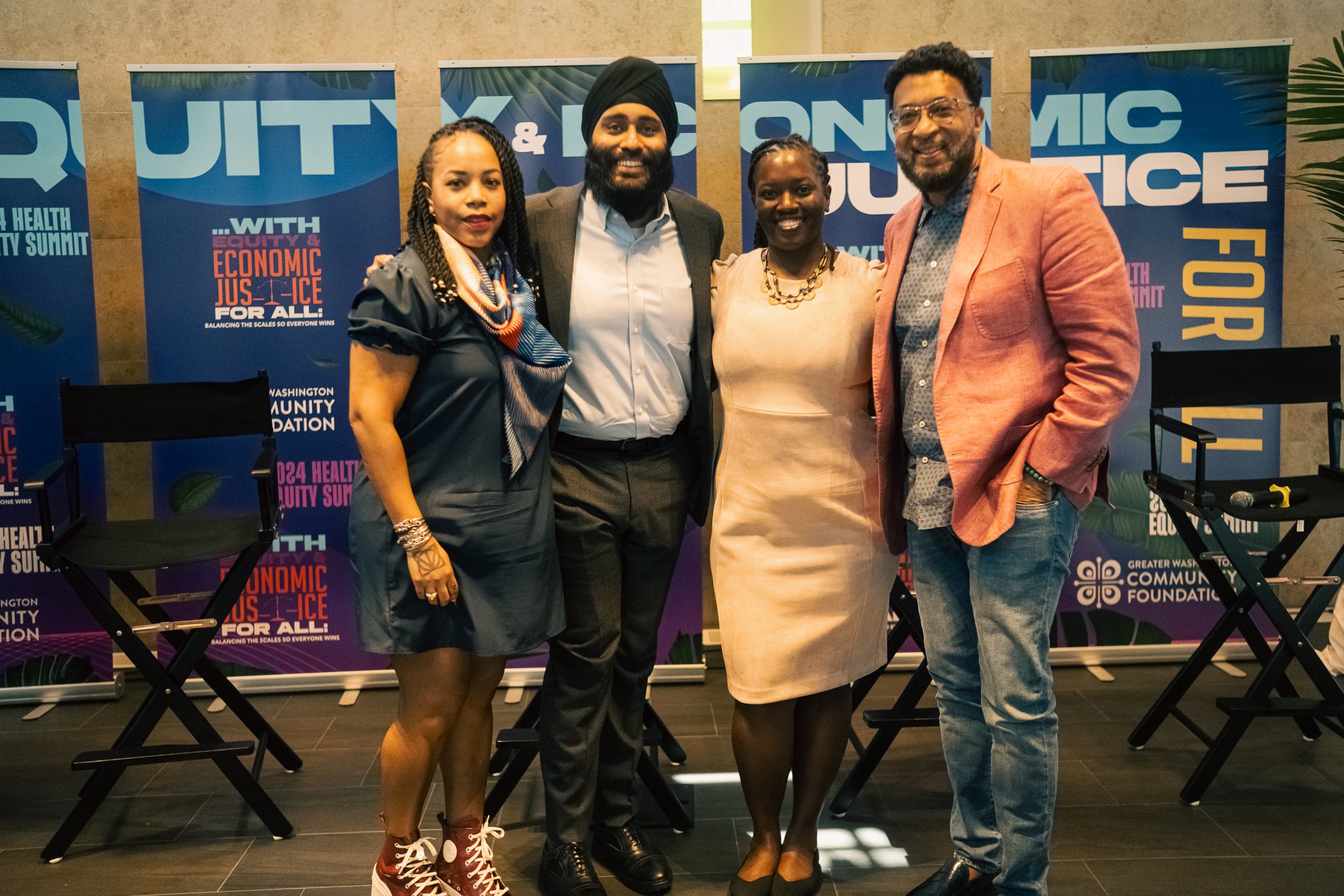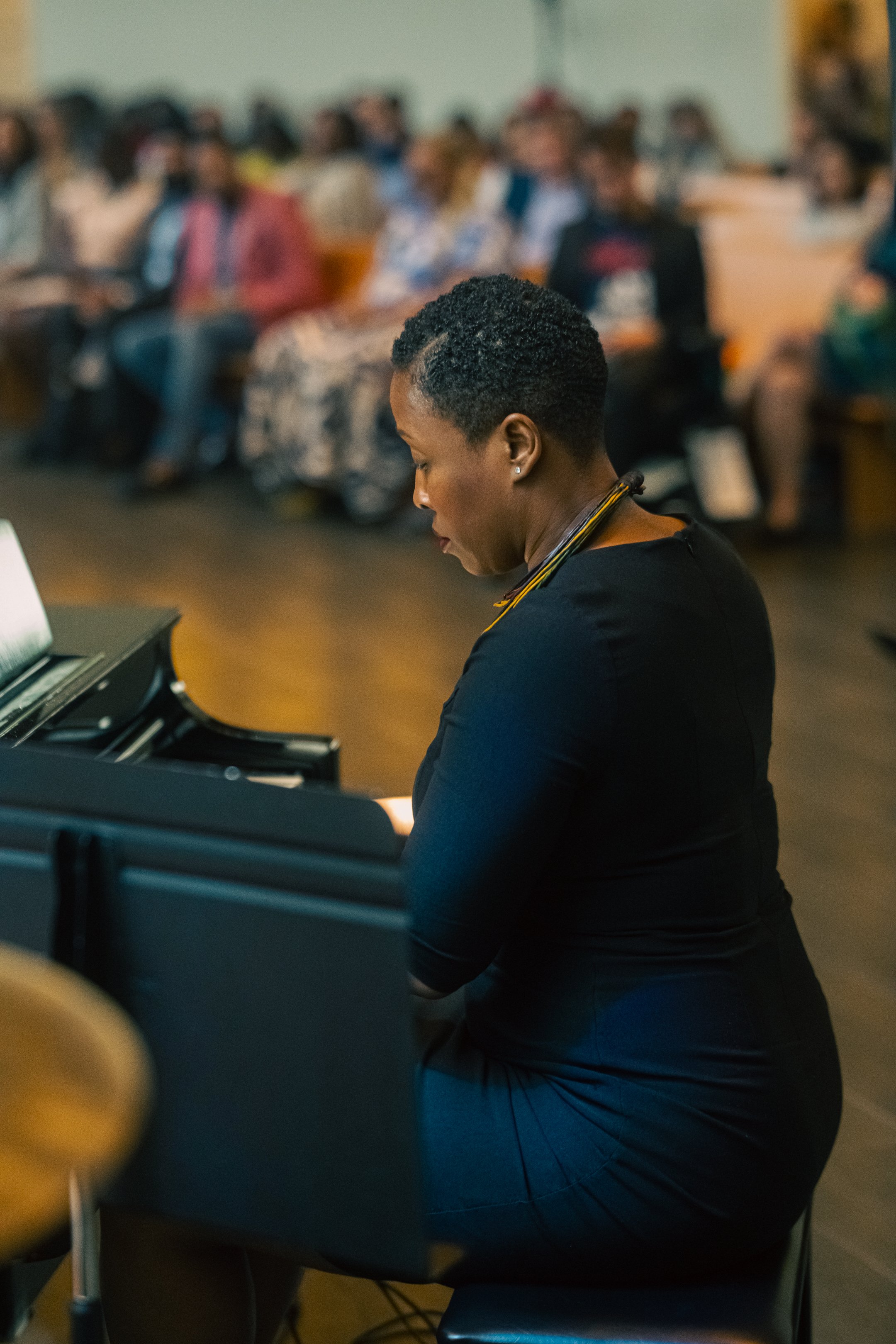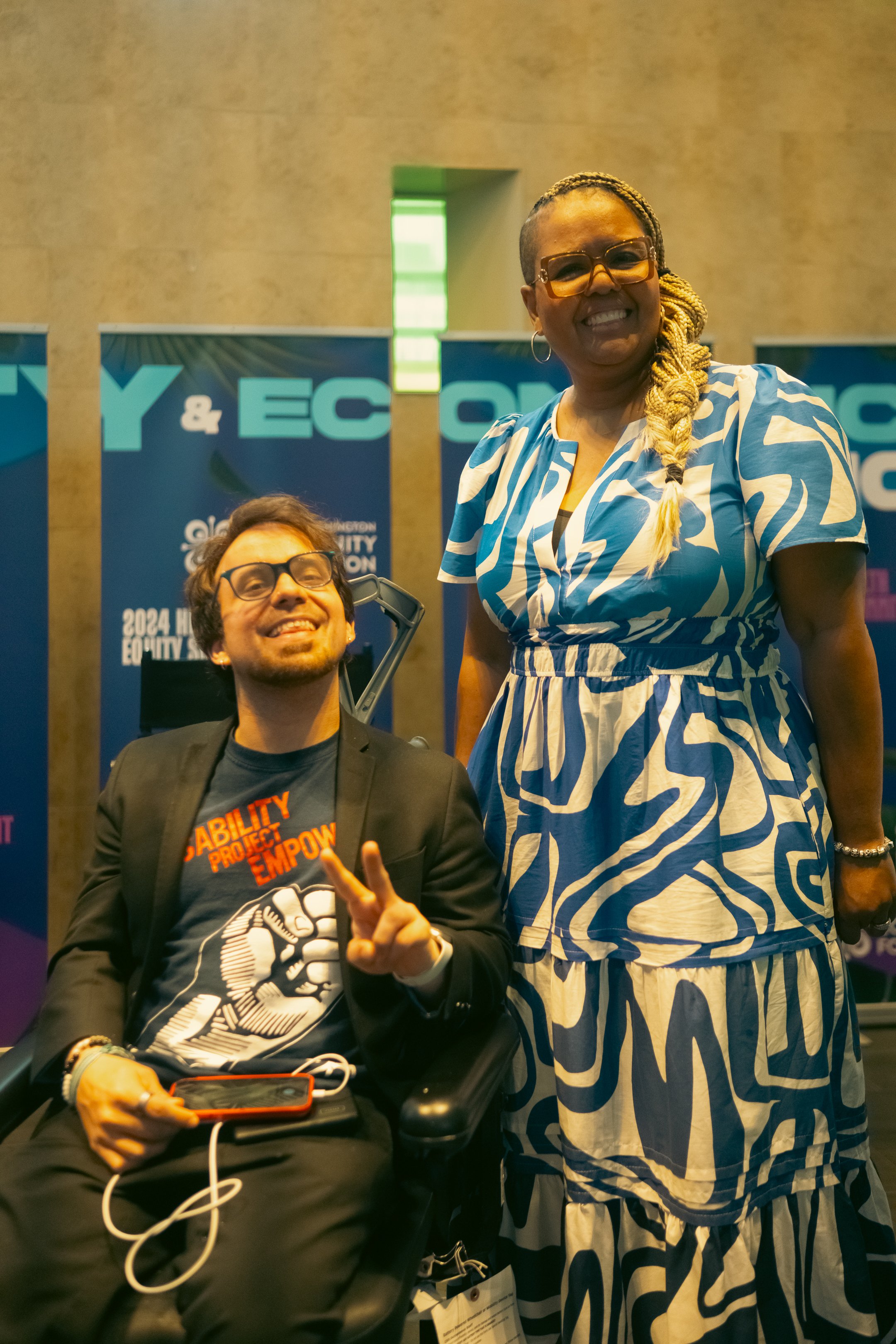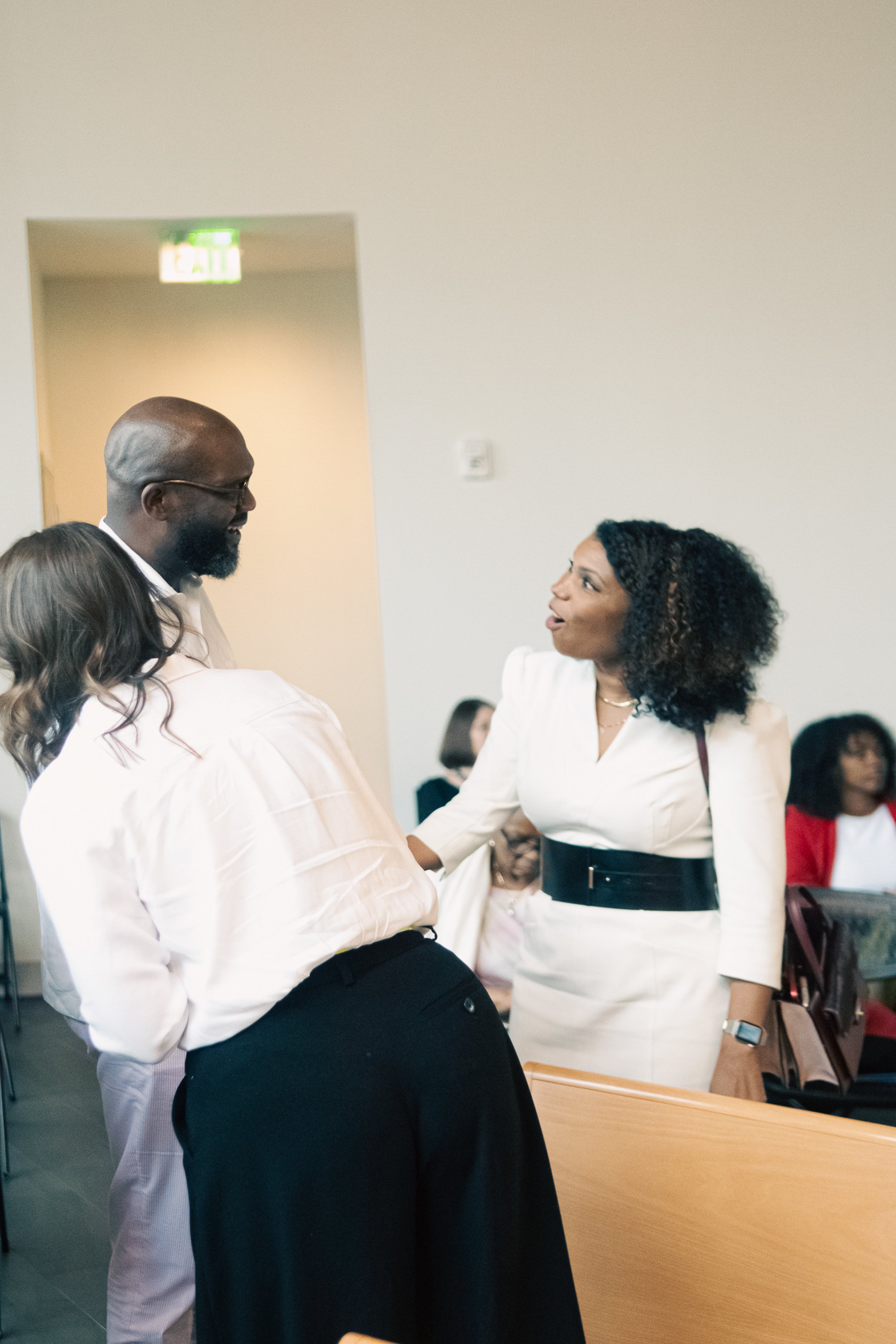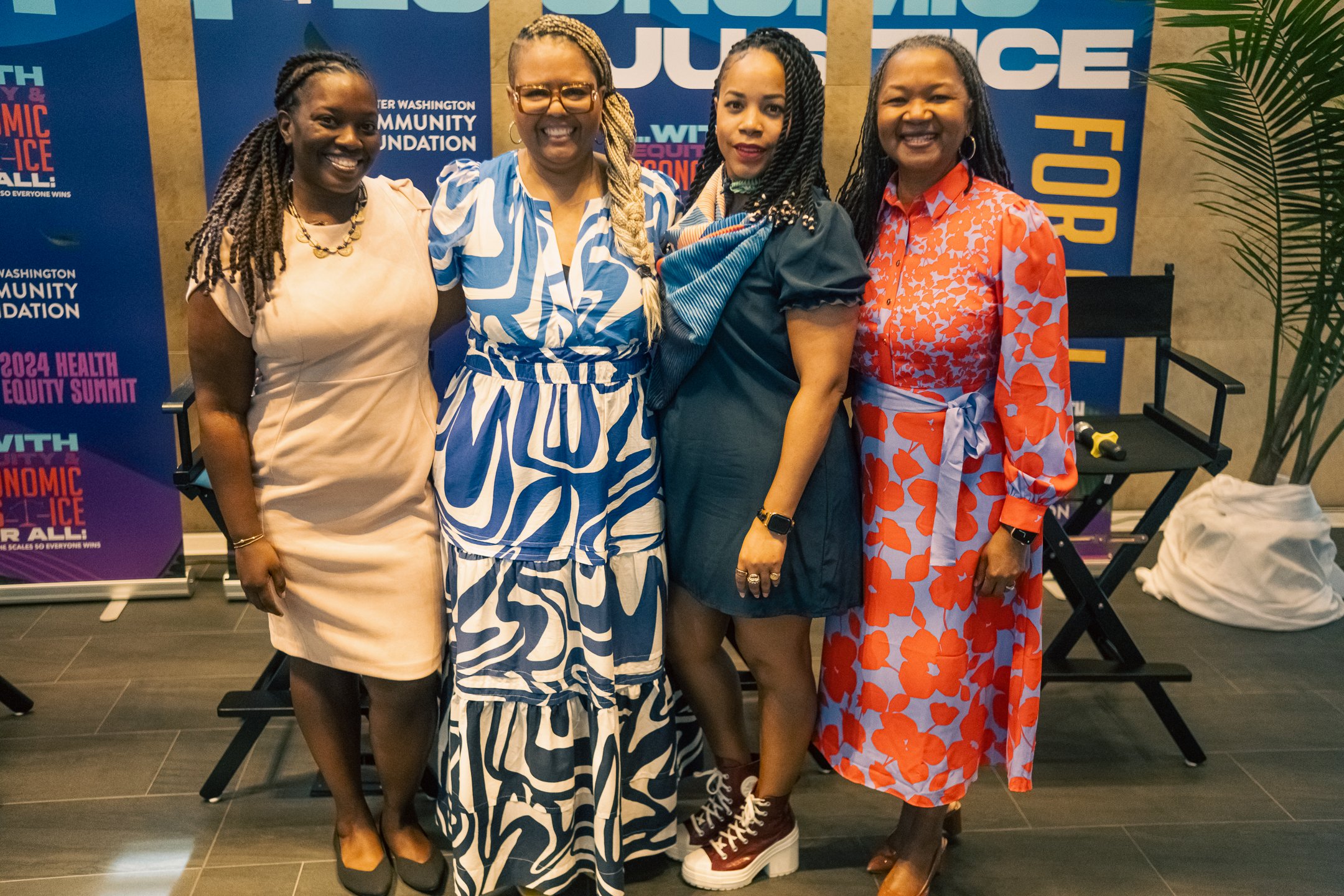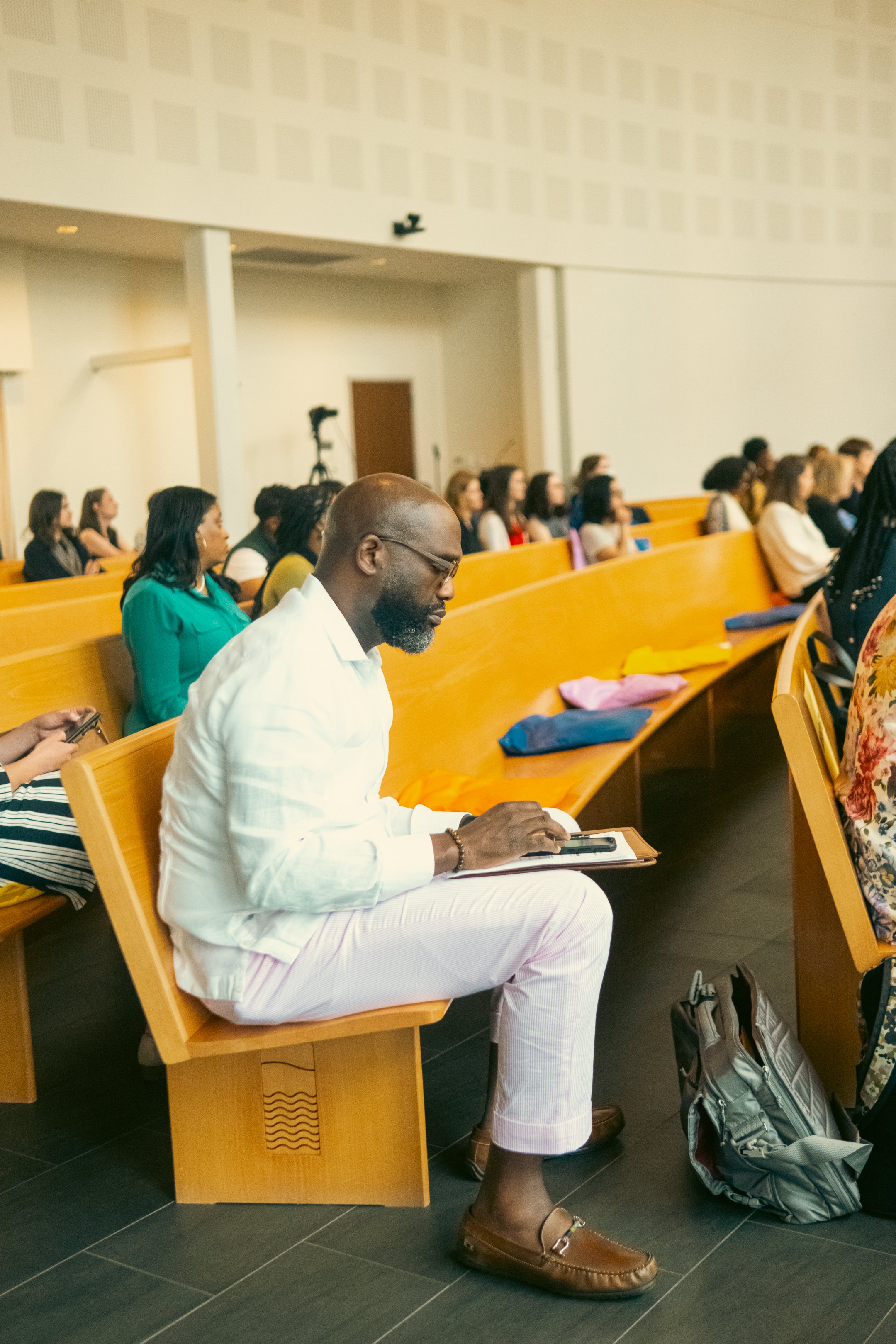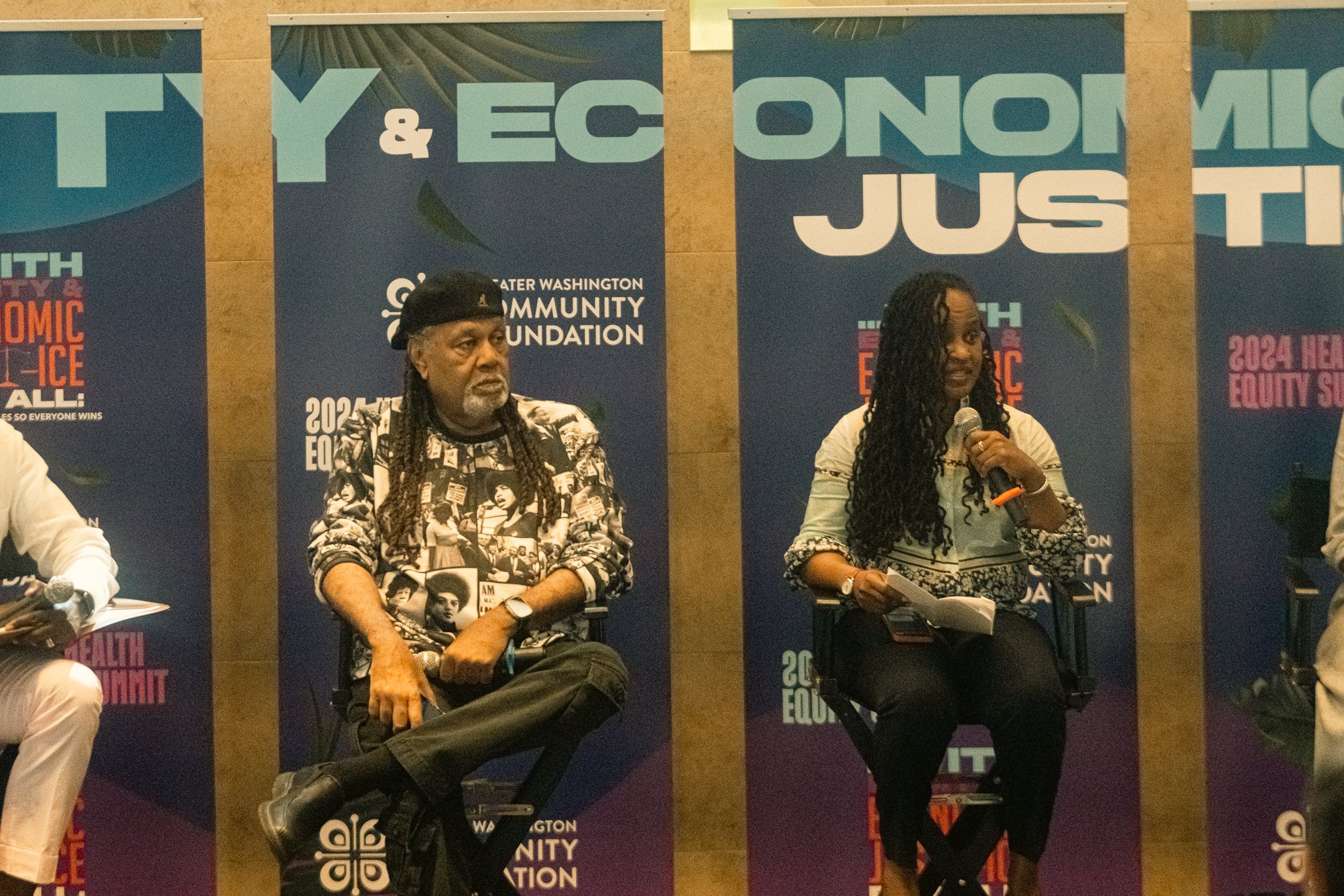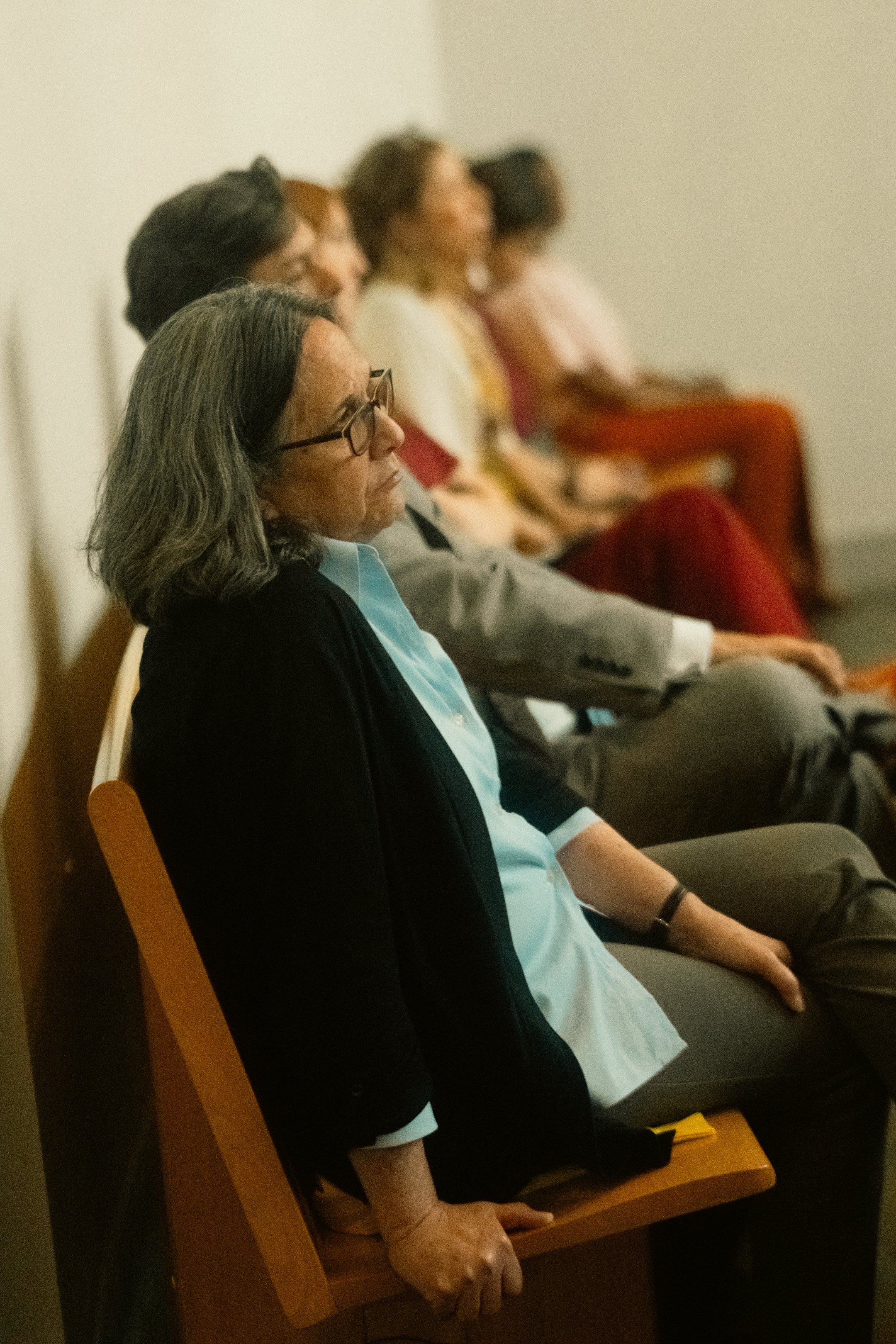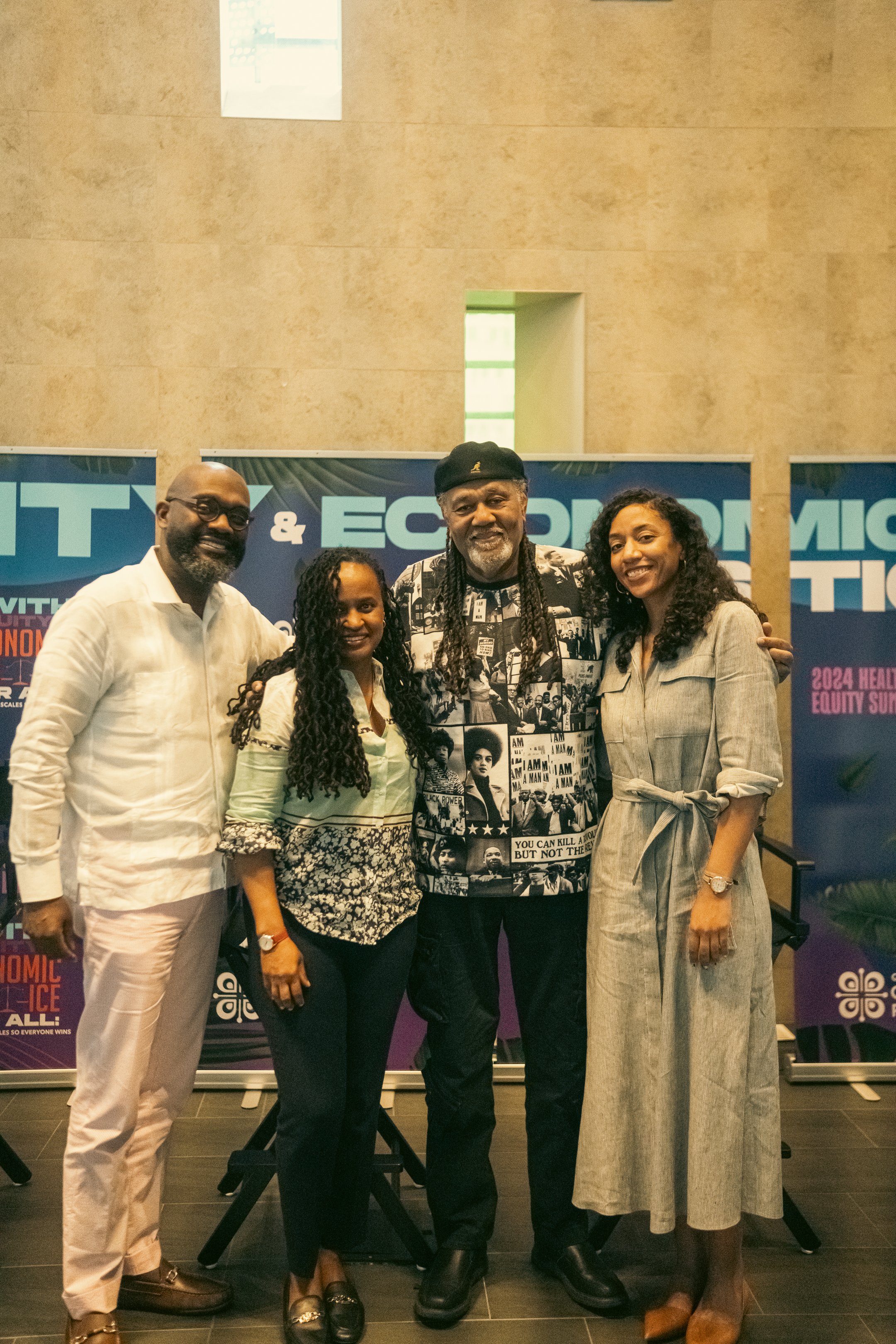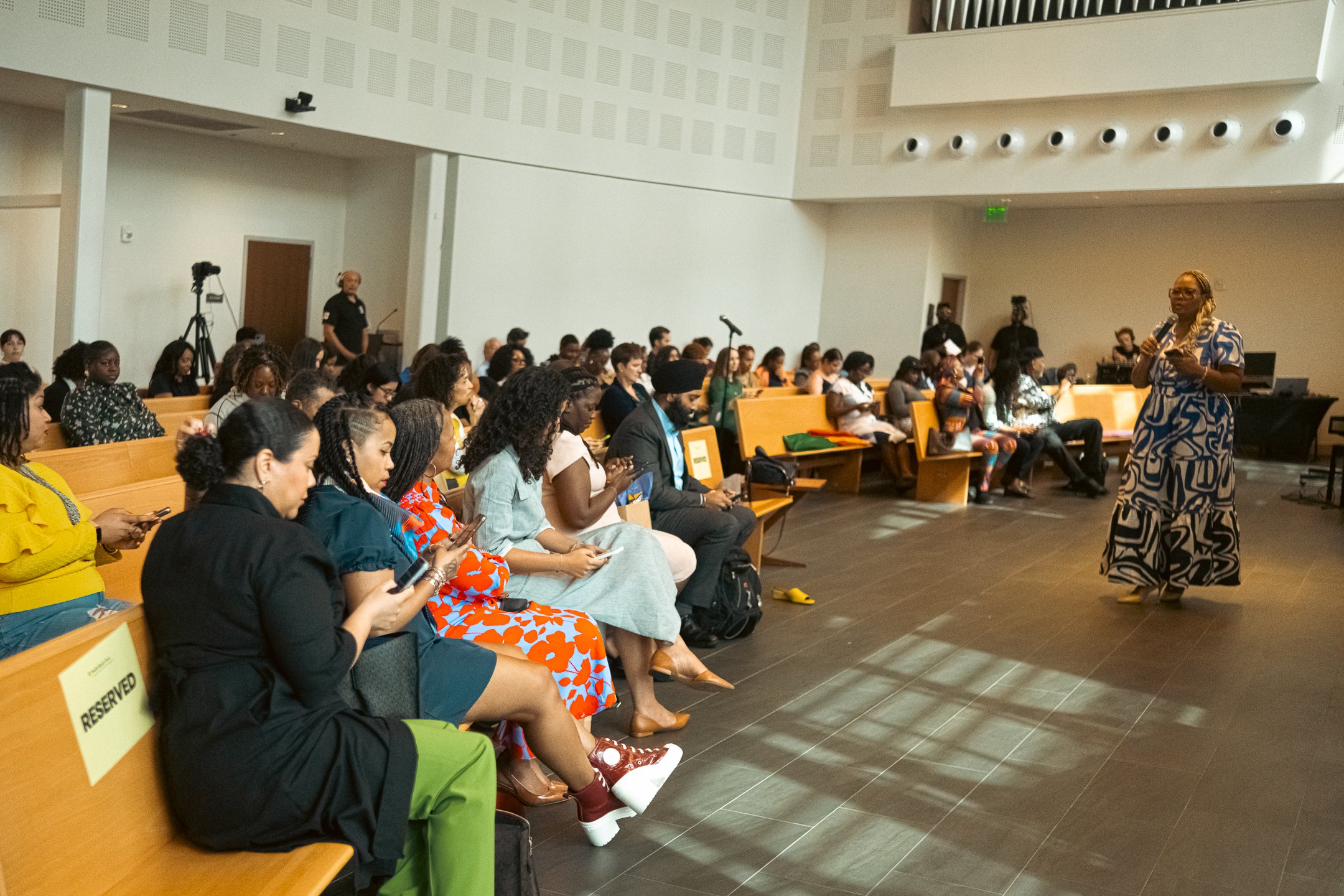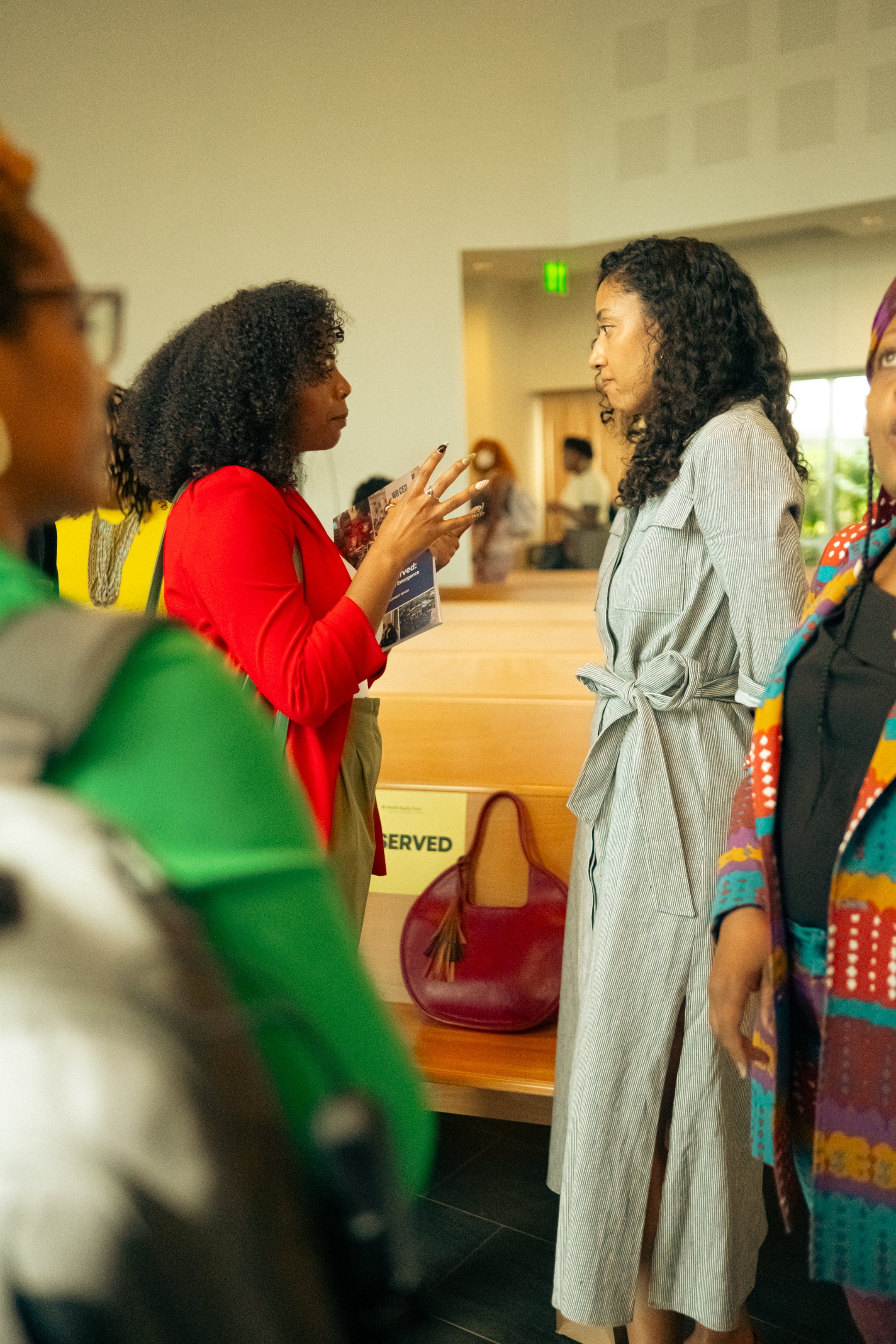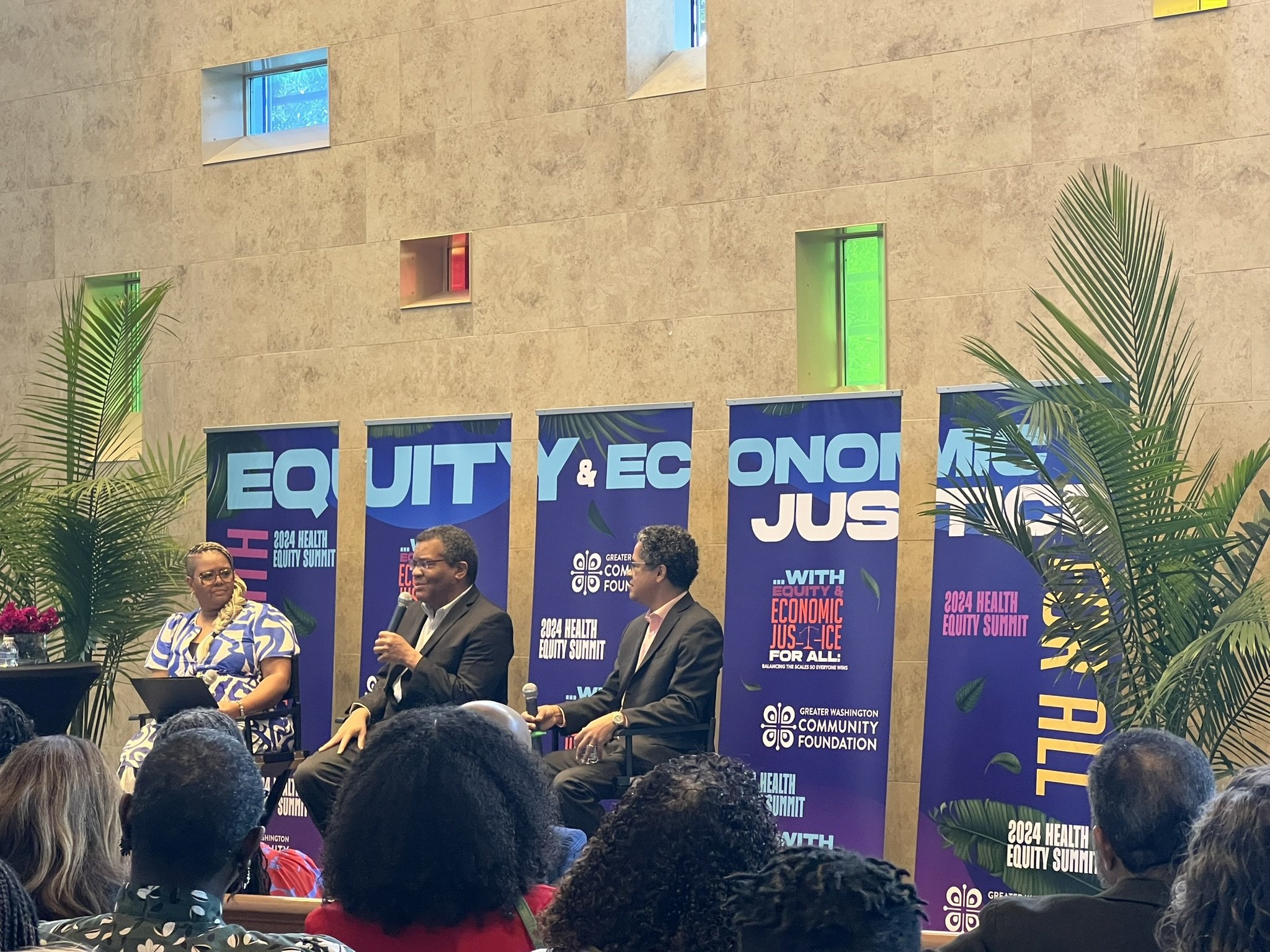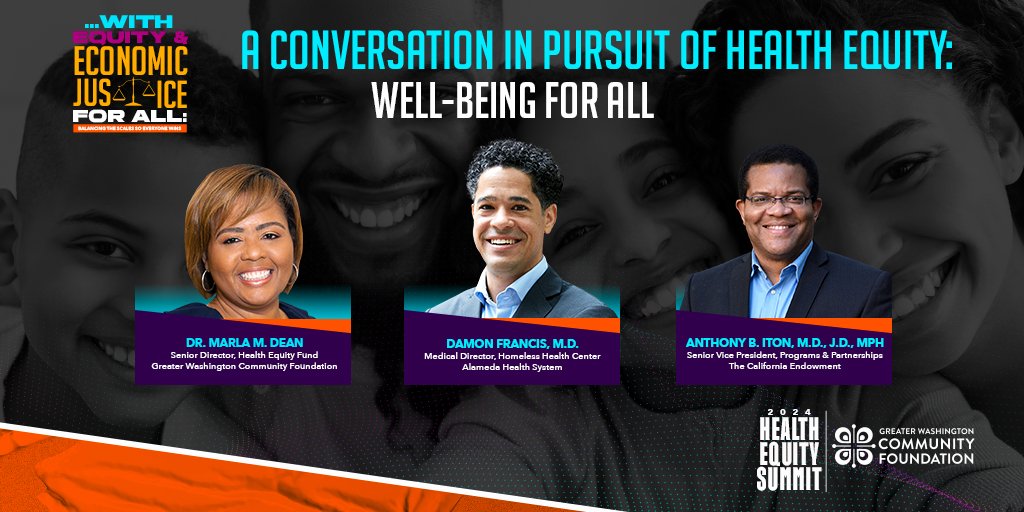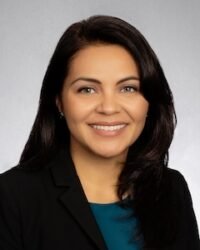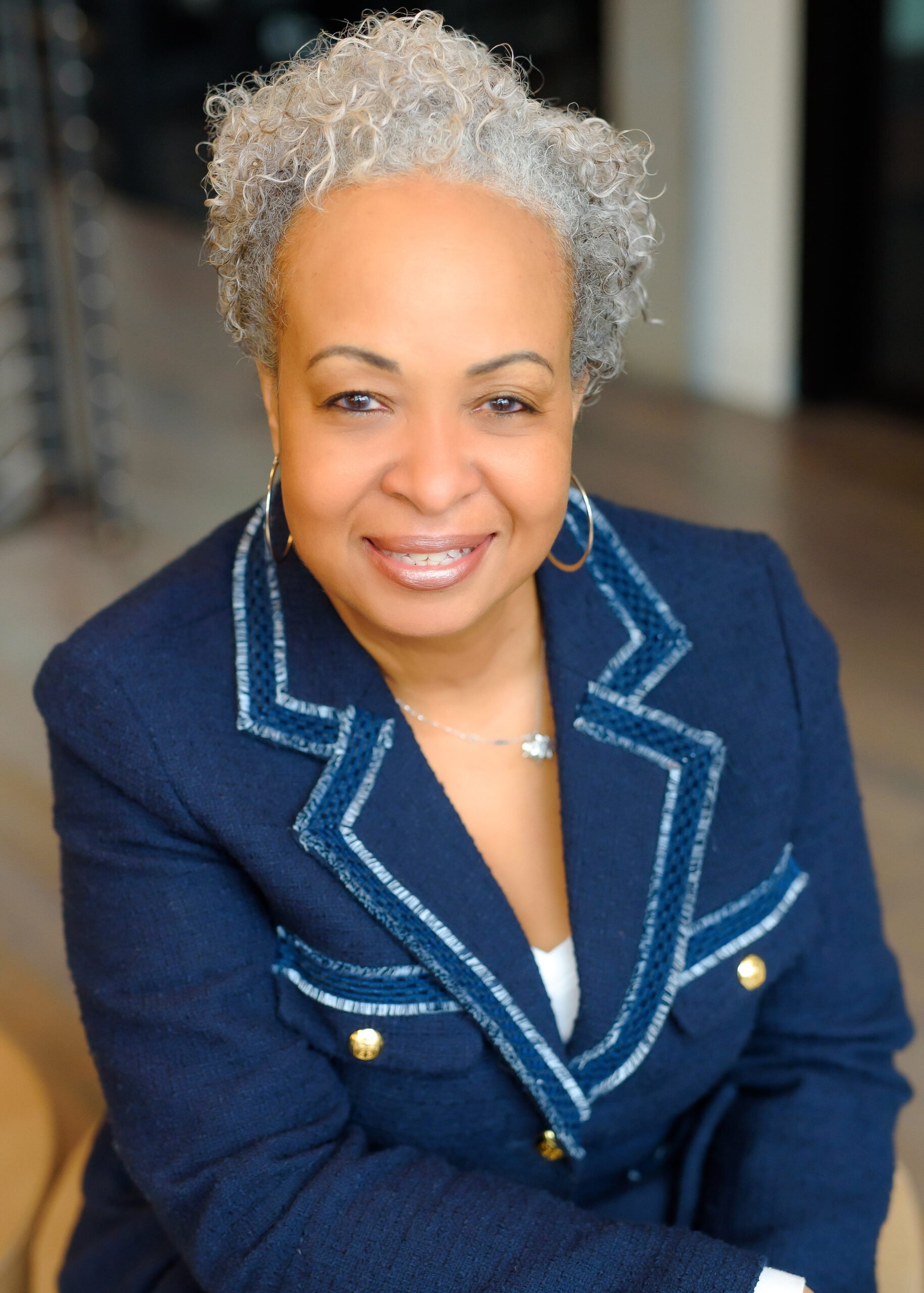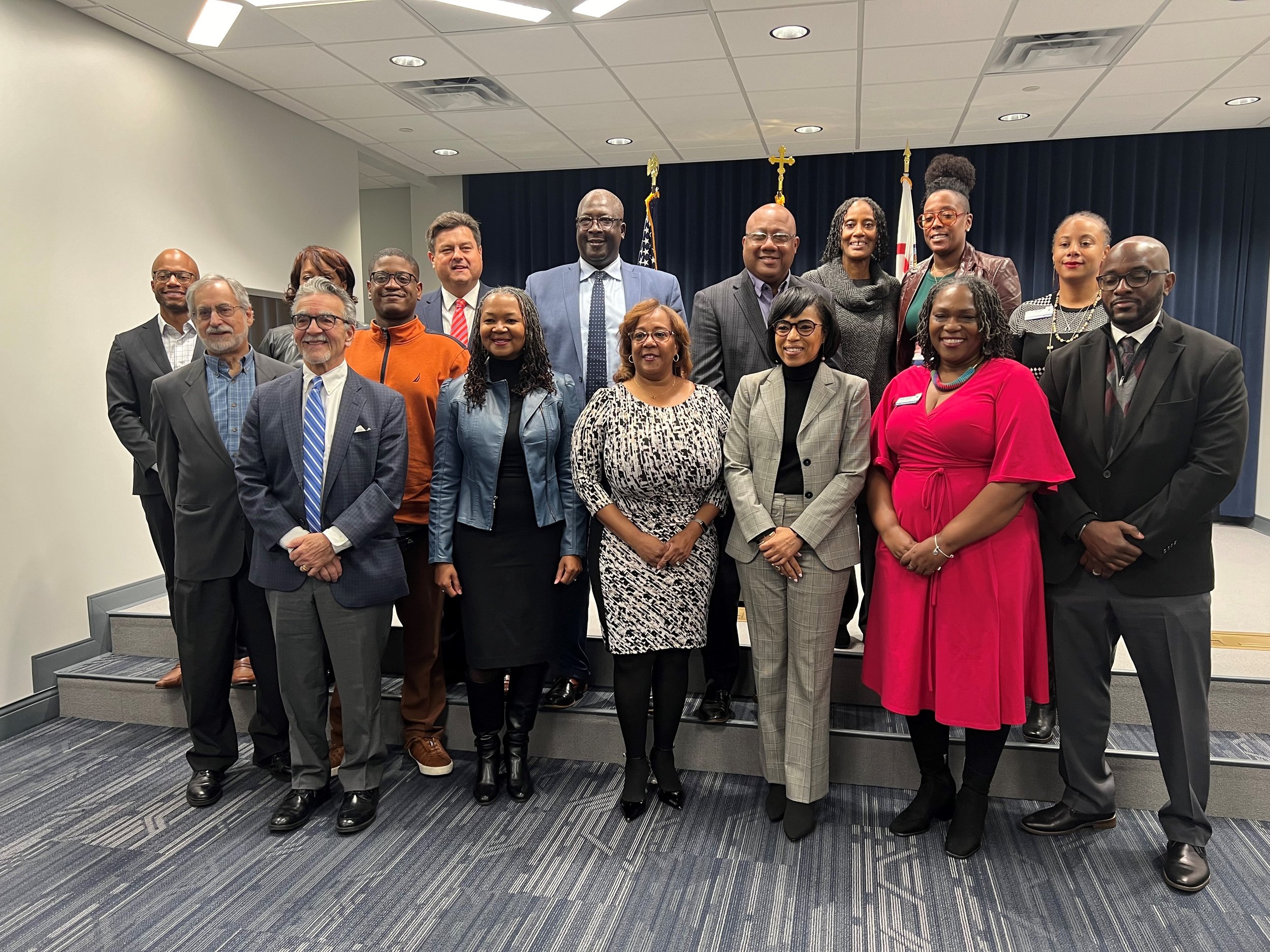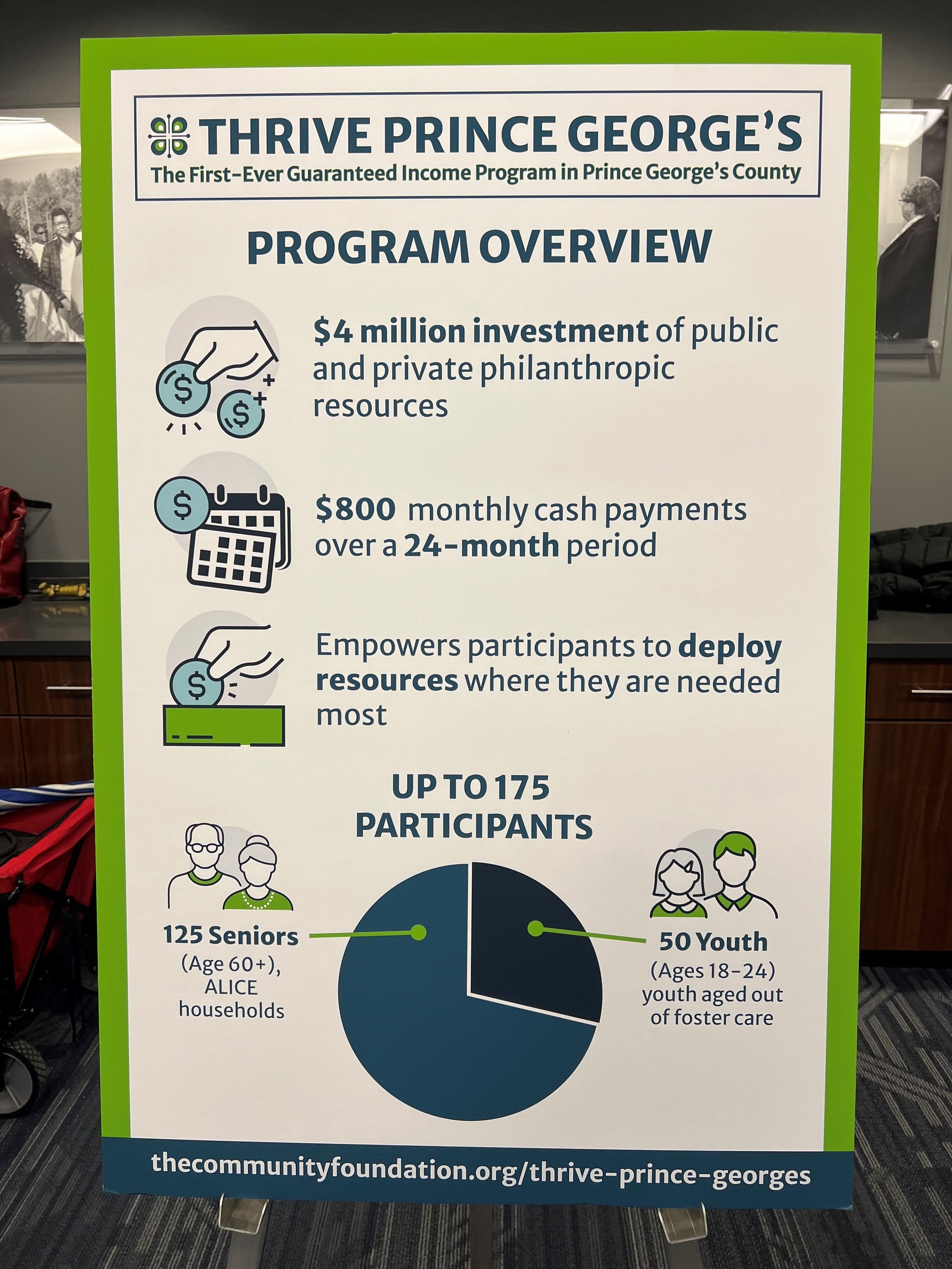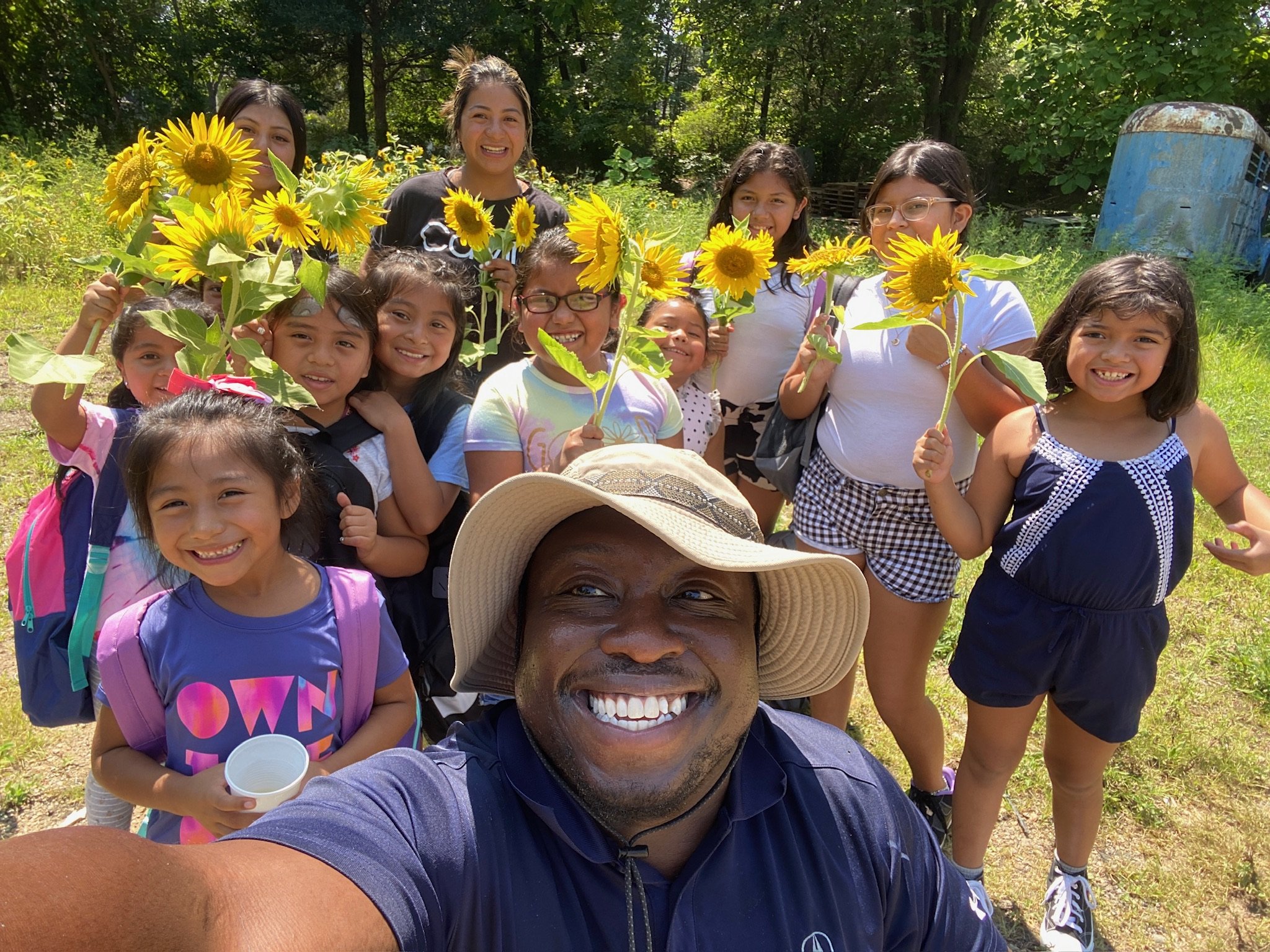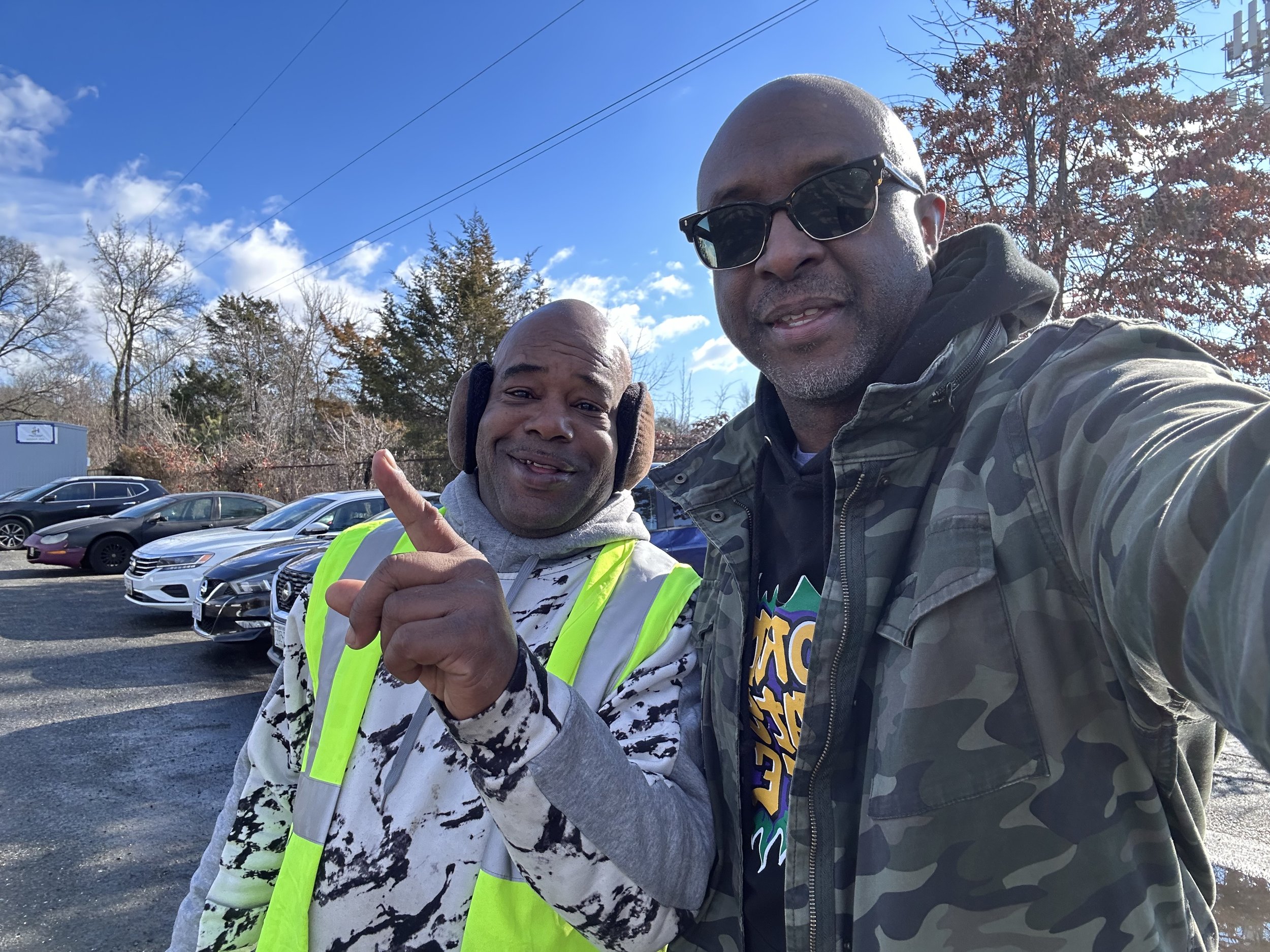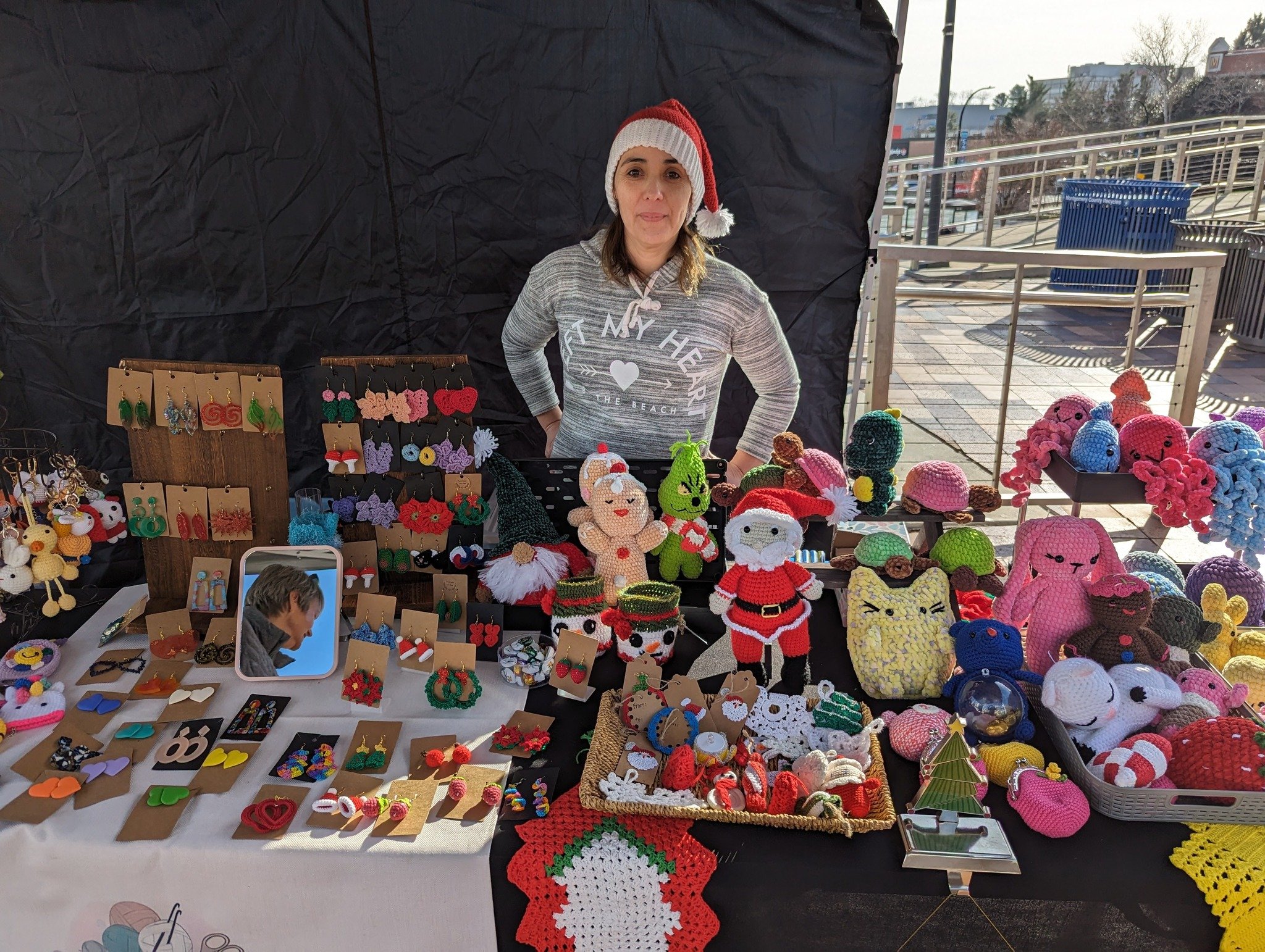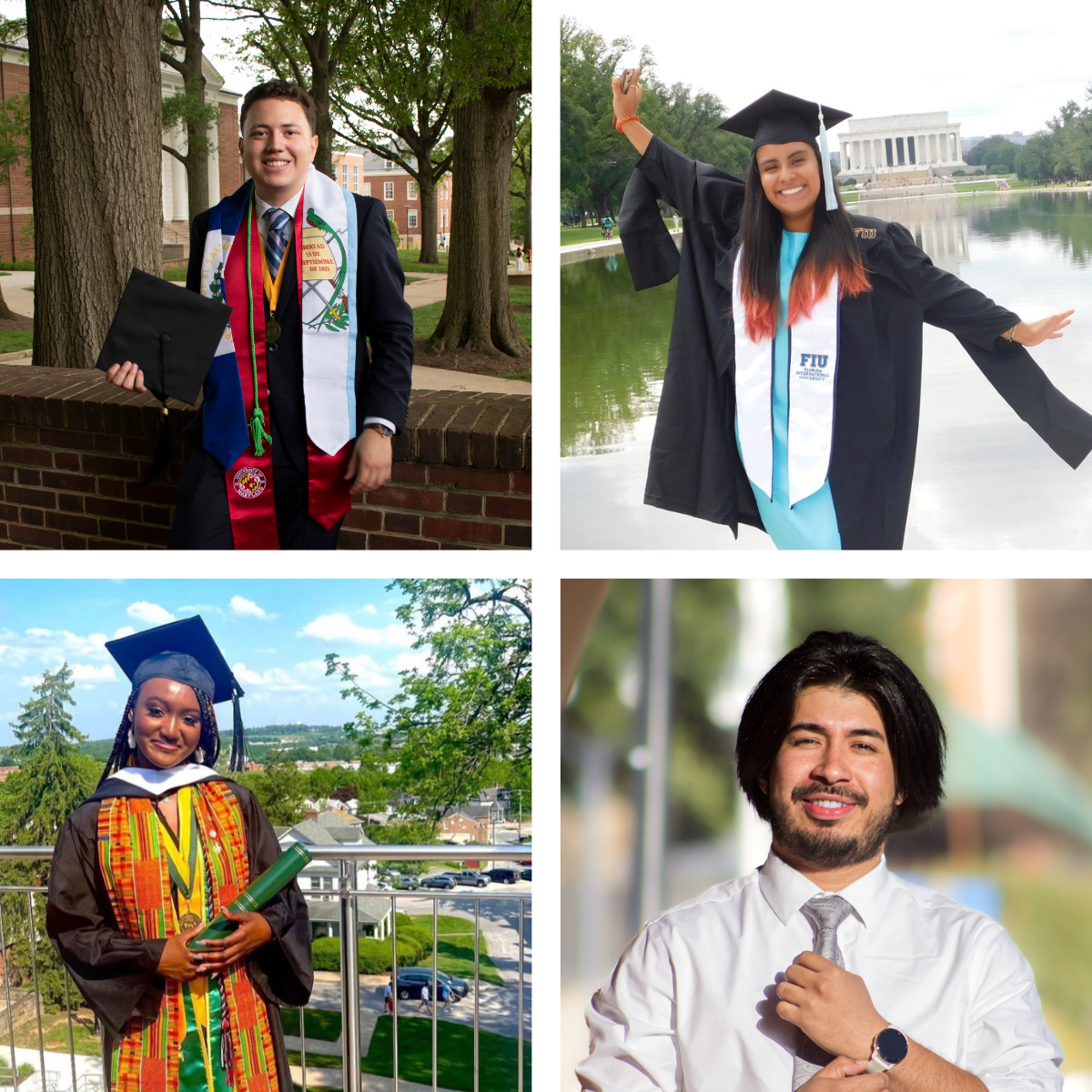Etsegenet K., Health & Program Manager at AsylumWorks
During the month of May, The Community Foundation is highlighting individuals and programs that approach their work through a community-centered lens – especially those that uplift community voices and find community-centered solutions to systemic barriers.
This month, we’re pleased to highlight Etsegenet K., Awel A, and the Fellowship Program at AsylumWorks. The Community Foundation is proud to partner with AsylumWorks through our Health Equity Fund, which provides support to this and other programs.
For Etsegenet K, Health & Wellness Program Manager at AsylumWorks, helping asylum seekers adapt to life in a new country isn’t just her job – it’s her passion.
“I know what it feels like to receive the services and empowerment that I need to succeed in this country,” Etsegenet shared. “When I work with my community, I’m able to give back. It’s more than a job, to me.”
On any given week, Etsegenet provides critical support and case management to dozens of immigrants seeking asylum in the DMV – helping them access a range of resources to adjust to their new life in the United States. In doing so, she says she hopes to empower others to succeed in the same way that she was helped.
An AsylumWorks Case Manager meets with a client (photographed from behind, to protect the client’s privacy)
Back home in Addis Ababa, Ethiopia, Etsegenet worked as a licensed practicing attorney, with a passion for human rights law. However, she was forced to seek refuge in the United States, after she began facing persecution for speaking out against the government.
In addition to the social and emotional challenges of leaving behind family and friends, Etsegenet faced professional and economic challenges, as she sought to establish her new life.
“It felt like I had to reinvent myself and forget everything I had back home,” she shared.
“So often, when asylum seekers come to the US, they are told that ‘USA’ stands for ‘You Start Again,’” Joan Hodges-Wu, Founder and Executive Director of AsylumWorks added, explaining some of the challenges that many of their clients face.
“Despite their wealth of experience, talent, and ambition, our clients are bombarded with messages that tell them their only professional options are driving for Uber or washing dishes. These jobs have a purpose, but they don’t offer economic mobility.”
From Client to Social Worker
Hodges-Wu founded AsylumWorks in 2016 – around the same time that Etsegenet came to the US. Today, the organization provides culturally and linguistically appropriate services to help asylum seekers and other underserved newcomers access the resources and support needed to integrate into their new communities and overcome systemic barriers.
Within a few years, word about AsylumWorks reached Etsegenet, who was able to utilize its services to get a job through career development and employment assistance programs.
Grateful for the help she received, Etsegenet continued to be involved with AsylumWorks, as a volunteer. Recognizing her passion and potential for AsylumWorks’ mission, in February 2020, Hodges-Wu hired Etsegenet to join the organization as paid, part-time employees – even though she didn’t have experience in social work.
Etsegenet celebrates her graduation from Columbia University's School of Social Work.
“Etsegenet’s love for our mission was palpable,” Hodges-Wu shared.
“It was easy to see that this was someone who could transform our organization and take our work to the next level.”
Etsegenet says it was that faith and confidence in her as a person and a professional that helped spark her love of social work. A year later, she was accepted into Columbia University’s Master of Social Work Program – one of the oldest and most prestigious programs in the country – with a full-ride scholarship for displaced people. After graduating in 2022, Etsegenet rejoined AsylumWorks, this time as a full-time therapeutic case manager as part of the Health & Wellness Program.
“I don’t know if I would be doing social work if I hadn’t been an AsylumWorks client,” Etsegenet told us. “Their investment in me helped open my eyes to the beauty of social work. It’s hard and really demanding work – but it’s also been an incredible healing process for me. It’s such a blessing to provide others with the same services and empowerment that I was able to receive.”
Formalizing the Fellowship Program
Inspired by Etsegenet’s performance as a new employee, AsylumWorks formalized a Fellowship Program in January 2022 -- a year-long, full-time, paid, on-the-job professional training program to train former clients to work with current clients as therapeutic case managers.
Adoude Tokognon, another graduate of the Fellowship Program, who now works as a Therapeutic Case Manager at AsylumWorks.
As part of the program, fellows receive weekly individual and group supervision from licensed social workers, as they learn the basics of case management, mental health therapy, the asylum process, and social work.
“Within six months, most fellows not only are confident in their own abilities as case managers,” Hodges-Wu explained. “They also gain confidence within the organization – advocating for the needs of their clients; raising awareness about things within the organization that we could do to improve our services.”
As the organization has scaled, so has the Fellowship Program. Of the seven fellows who have graduated from the Fellowship Program, thus far, five of them have been promoted and still work at AsylumWorks.
“Through this program, AsylumWorks is not only community-informed; we are also becoming more community-led.”
The Fellows’ presence has been wholeheartedly embraced by the communities that AsylumWorks serves. As former clients with lived experience and proficiency in native languages, Fellows have been able to quickly establish trusting relationships with incoming clients – without needing a third-party translator. By the end of first year, alone, the fellowship cohort had served more than 100 individuals and families from more than 30 countries.
The approach caught the attention of the US Office of Refugee Resettlement (ORR), which recognized AsylumWorks’ Fellowship Program as an industry best practice in March 2023. The agency, which oversees refugee-serving programs nationwide, has since commissioned AsylumWorks to execute a series of webinars to help other organization across the country implement similar programming.
The graduation ceremony for the inaugural AsylumWorks Fellowship Program.
“I understand what people are going through,” Awel A., graduate of the inaugural fellowship cohort shared. “I am able to use my experience to help others transfer themselves from survival mode to stability.”
Like Etsegenet, Awel sought refuge in the US after facing political persecution in his home country of Ethiopia. Prior to that, Awel was a prominent constitutional lawyer who taught undergraduate law at a prestigious university for more than a decade.
“It’s frustrating,” Awel said of his experience coming to the US. “A lot of asylum seekers have transferrable knowledge and skills but they don’t have the opportunities to transfer them because they don’t have access to their profession, in this country.”
Upon arrival in the US, he quickly became connected with AsylumWorks – working with Etsegenet, who was his case manager, at the time.
Today, Etsegenet and Awel – who has since been promoted as the Legal Navigation Program Manager at AsylumWorks – are coworkers.
Awel, Legal Navigation Program Manager at AsylumWorks.
Unlike some Fellows, Awel doesn’t plan to pursue an advanced degree in social work – choosing instead to build upon his legal expertise to help AsylumWorks’ clients navigate the complex immigration system.
“To me, the Fellowship Program was an opportunity to learn about the US work culture, gain more experience and become more familiar with it – but also to give back to my community.”
“I was empowered as a client and as a fellow – now I have the opportunity to empower other people.”
“In the immigration space, it’s so easy to focus on the negative aspects of a system that is stacked against our clients,” Hodges-Wu shared. “But that is also why it is so important to cultivate pockets of light to remind us that change is possible, that opportunity still exists, and that with the right support, even newcomers facing significant obstacles have the ability to change the world.”
“Asylum seekers need to know how much they are valued,” Awel concluded. “They need my help – that is my passion.”
Empowering community voices and investing in community-led solutions to systemic barriers is an important aspect of The Community Foundation’s Strategic Vision. We are proud to support the AsylumWorks Fellowship program through our Health Equity Fund.
For more information about AsylumWorks, visit www.asylumworks.org/









